
Malcolm X
Birthday: Born in 1925-05-19 in Omaha, Nebraska, USA
Deathday: 1965-02-21
Malcolm X (May 19, 1925 – February 21, 1965), born Malcolm Little and also known as El-Hajj Malik El-Shabazz was an African-American Muslim minister, public speaker, and human rights activist. To his admirers, he was a courageous advocate for the rights of African Americans, a man who indicted white America in the harshest terms for its crimes against black Americans. His detractors accused him of preaching racism, black supremacy, antisemitism, and violence. He has been called one of the greatest and most influential African Americans in history, and in 1998, Time named The Autobiography of Malcolm X one of the ten most influential nonfiction books of the 20th century. Malcolm X was born in Omaha, Nebraska. The events of his childhood, including his father's lessons concerning black pride and self-reliance, and his own experiences concerning race played a significant role in Malcolm X's adult life. By the time he was thirteen, his father had died and his mother had been committed to a mental hospital. After living in a series of foster homes, Malcolm X became involved in a number of criminal activities in Boston and New York City. In 1946, Malcolm X was sentenced to eight to ten years in prison. While in prison, Malcolm X became a member of the Nation of Islam, and after his parole in 1952 he became one of the Nation's leaders and chief spokesmen. For nearly a dozen years he was the public face of the controversial group. Tension between Malcolm X and Elijah Muhammad, head of the Nation of Islam, led to Malcolm X's quitting the organization in March 1964. He subsequently traveled extensively throughout Africa and the Middle East and founded Muslim Mosque, Inc., a religious organization, and the secular Organization of Afro-American Unity, which advocated Pan-Africanism. Less than a year after he left the Nation of Islam, Malcolm X was assassinated by three members of the group while giving a speech in New York. The beliefs expressed by Malcolm X changed during his lifetime. As a spokesman for the Nation of Islam he taught black supremacy and deified the leaders of the organization. He also advocated the separation of black and white Americans, which put him at odds with the civil rights movement, which was working towards integration. After he left the Nation of Islam in 1964, Malcolm X became a Sunni Muslim, made the pilgrimage to Mecca and disavowed racism, while remaining a champion of black self-determination, self defense, and human rights. He expressed a willingness to work with civil rights leaders and described his previous position with the Nation of Islam as that of a "zombie". Description above from the Wikipedia article Malcolm X, licensed under CC-BY-SA, full list of contributors on Wikipedia.
TV Credits
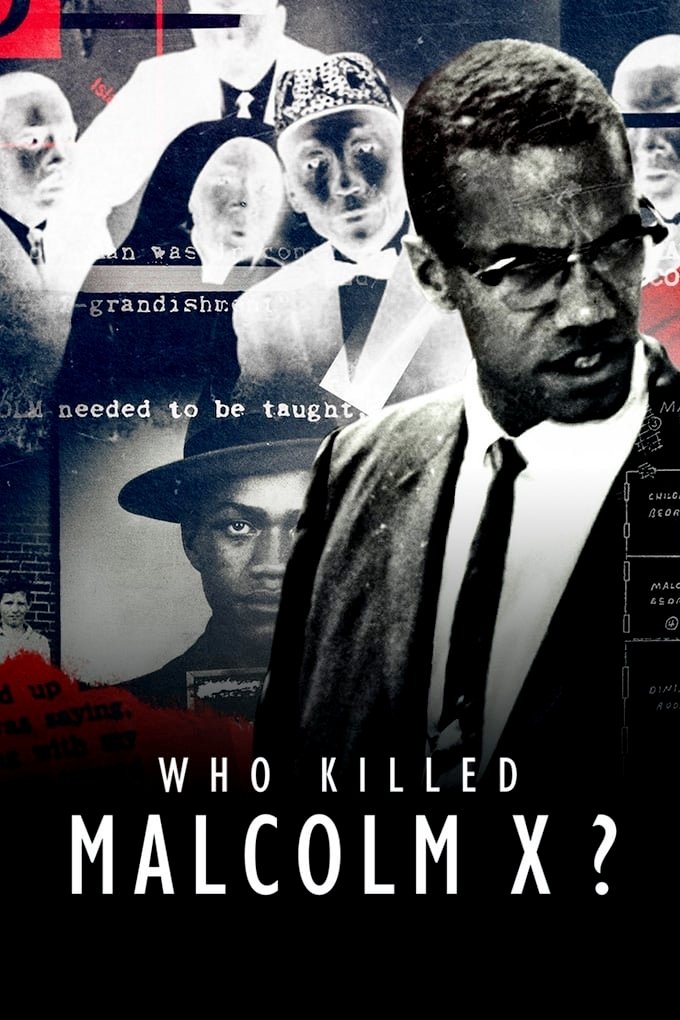
Who Killed Malcolm X?
Character: Self (archive footage)
Decades after the assassination of African American leader Malcolm X, an activist embarks on a complex mission seeking truth in the name of justice....
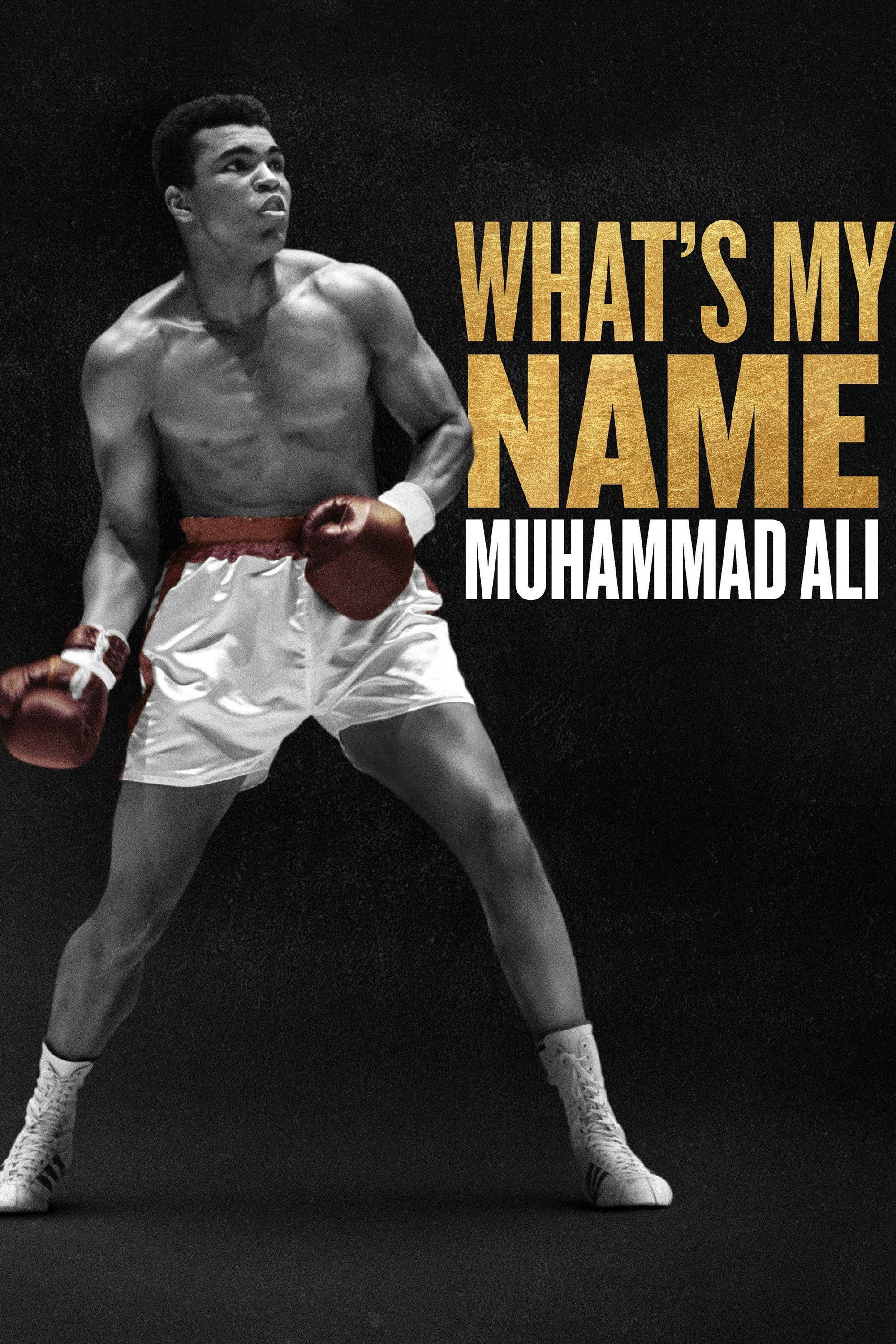
What's My Name | Muhammad Ali
Character: Self (archive footage)
Explore Ali’s challenges, confrontations, comebacks and triumphs through recordings of his own voice. The two-part documentary paints an intimate portrait of a man who was a beacon of hope for oppressed people around the world and, in his later years, was recognized as a global citizen and a symbol of humanity and understanding....
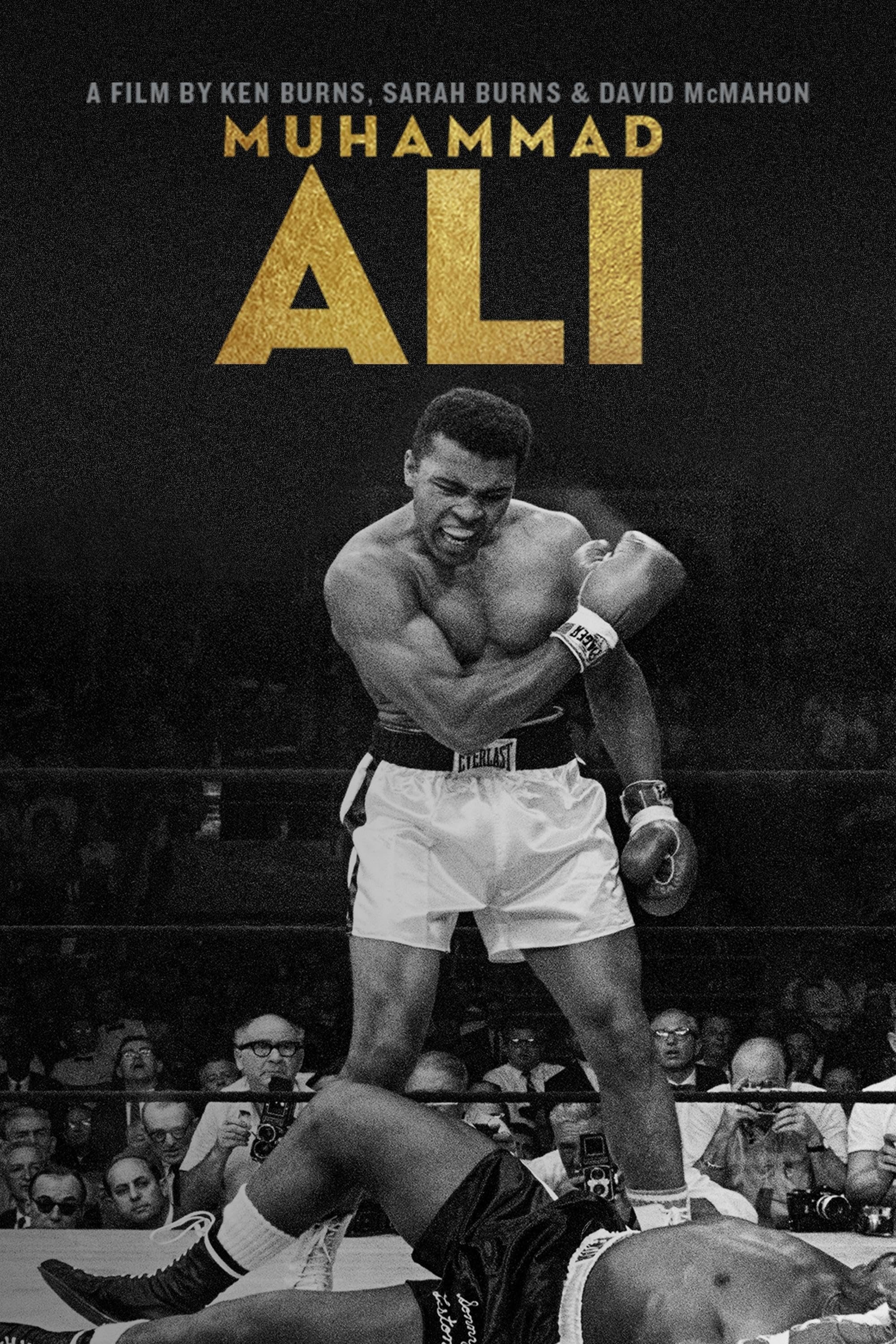
Muhammad Ali
Character: Self (archive footage)
Muhammad Ali brings to life the iconic heavyweight boxing champion who became an inspiration to people everywhere....

Frontline
Character: Self (archive footage)
Since it began in 1983, Frontline has been airing public-affairs documentaries that explore a wide scope of the complex human experience. Frontline's goal is to extend the impact of the documentary beyond its initial broadcast by serving as a catalyst for change....
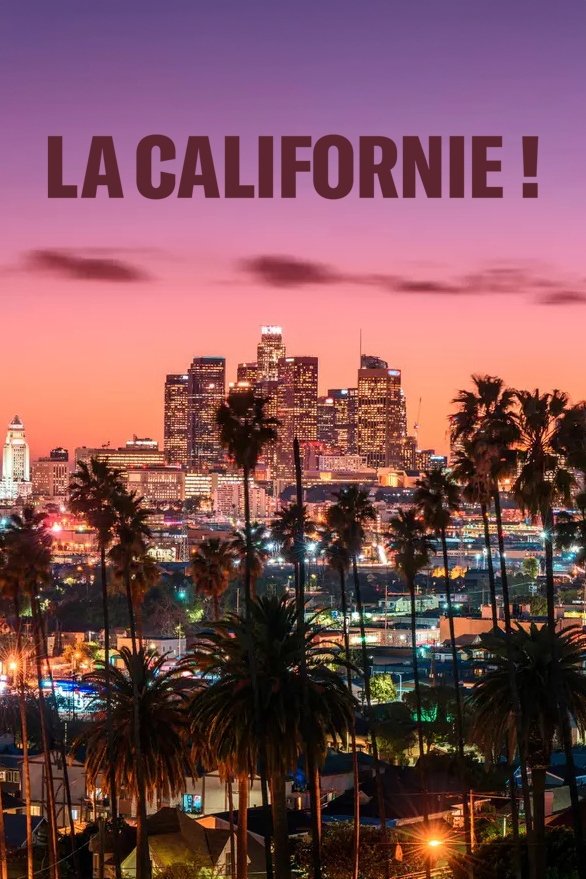
La Californie !
Character: Self (archive footage)
From the 1950s to the present day, from Los Angeles to San Francisco via Berkeley University or Silicon Valley, this three-part documentary series unfolds the recent history of California, which is revolutionizing the world by its way of life and its incredible capacity for innovation....
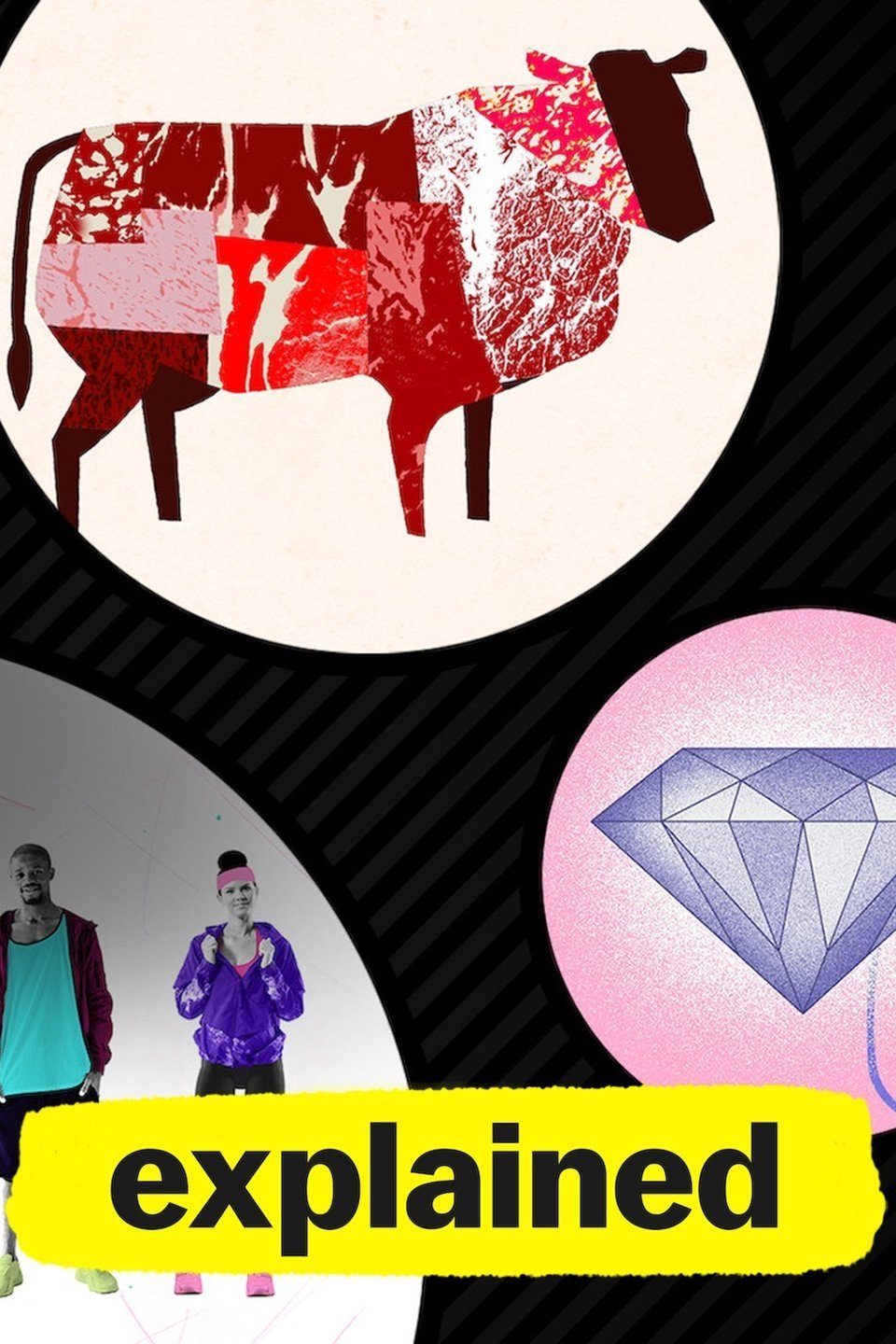
Explained
Character: Self (archive footage)
This documentary series, made in partnership with Vox, explain some of the world's current trends, from politics, to science to pop culture....

Les derniers jours d'une icône
Character:
tragic deaths iconic figures...
Movie Credits
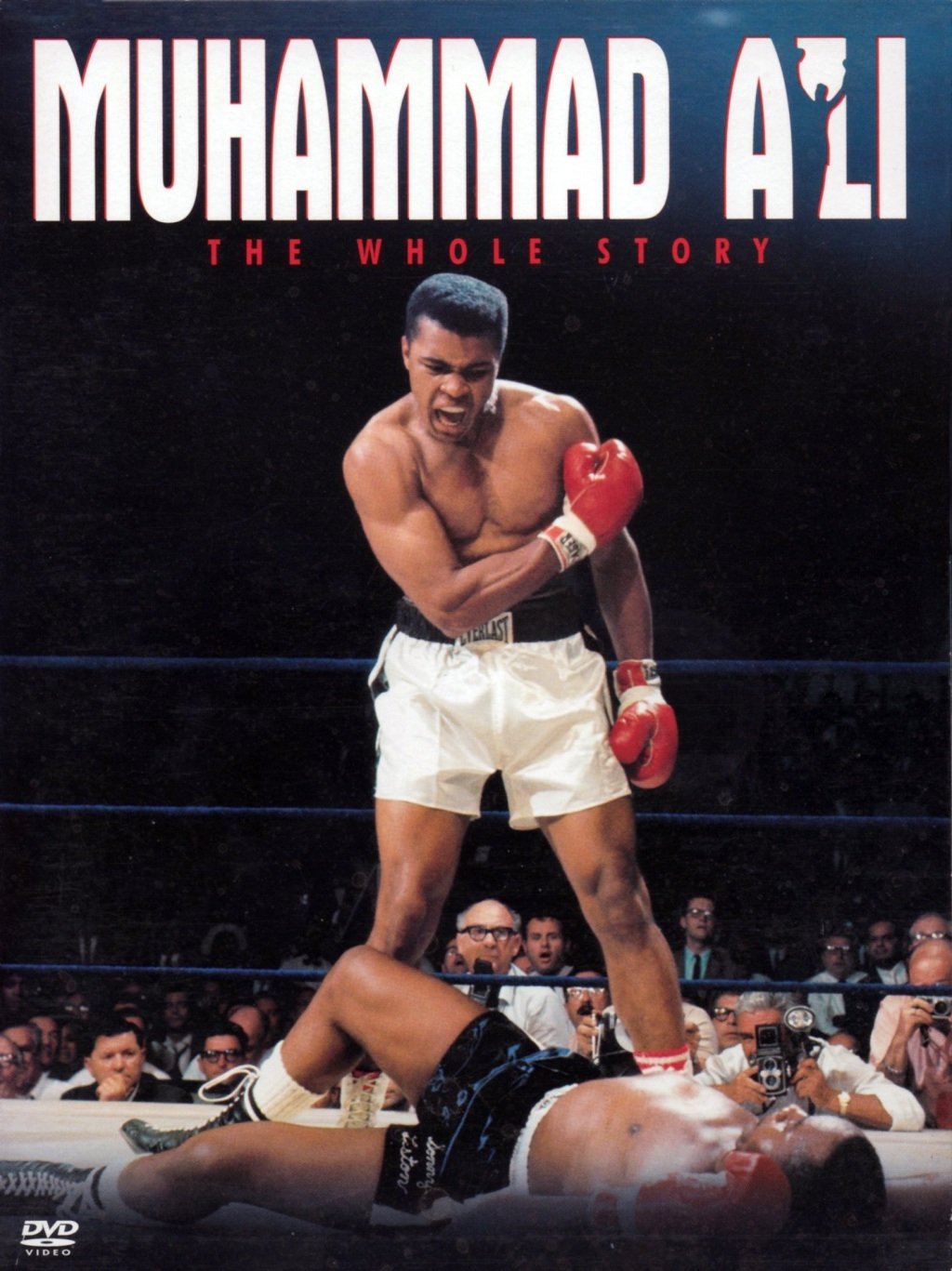
Muhammad Ali The Whole Story
Character: Self (archive footage)
Muhammad Ali. He is known as the most thrilling athlete of all time... he is known as The Greatest. The remarkable story of how he became one of the most loved, hated, intriguing, and controversial figures in American history is brought to life in the 6-hour series, Muhammad Ali: The Whole Story. Episode 1: Olympic Gold. Episode 2: The Youngest Heavyweight Champion. Episode. 3: Exile. Episode 4: The Road Back. Episode 5: The Rumble In The Jungle Episode. 6: The Thrilla In Manila....
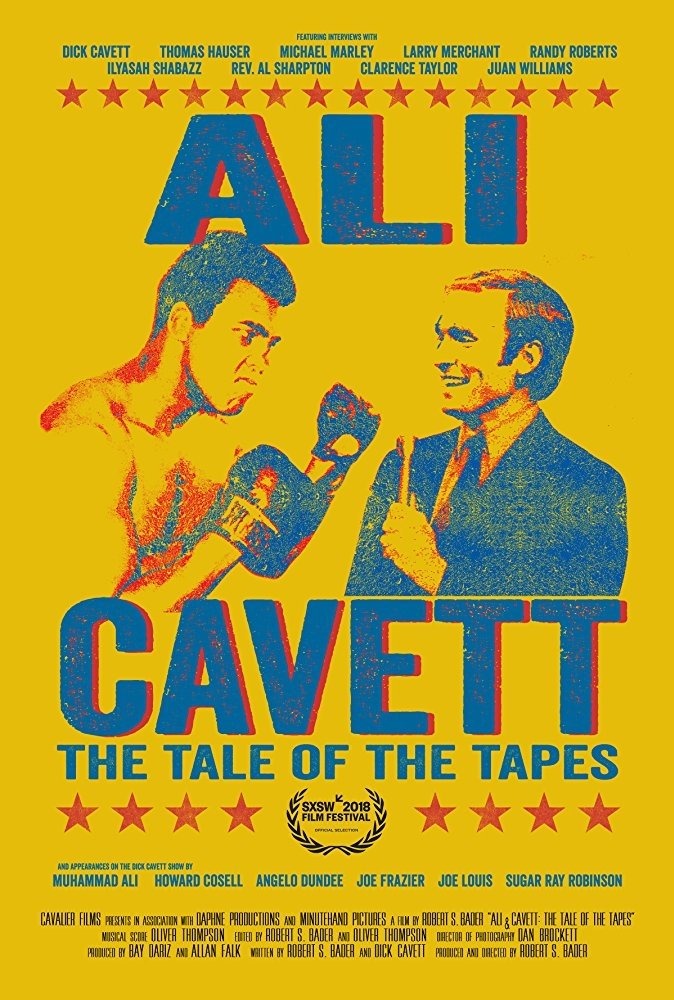
Ali & Cavett: The Tale of the Tapes
Character: Self (archive footage)
The life and times of Muhammed Ali shown through the lens of his numerous appearances on The Dick Cavett Show. The film features new interviews with Dick Cavett, Rev. Al Sharpton, and Larry Merchant, as well as archival material from the Cavett Show....
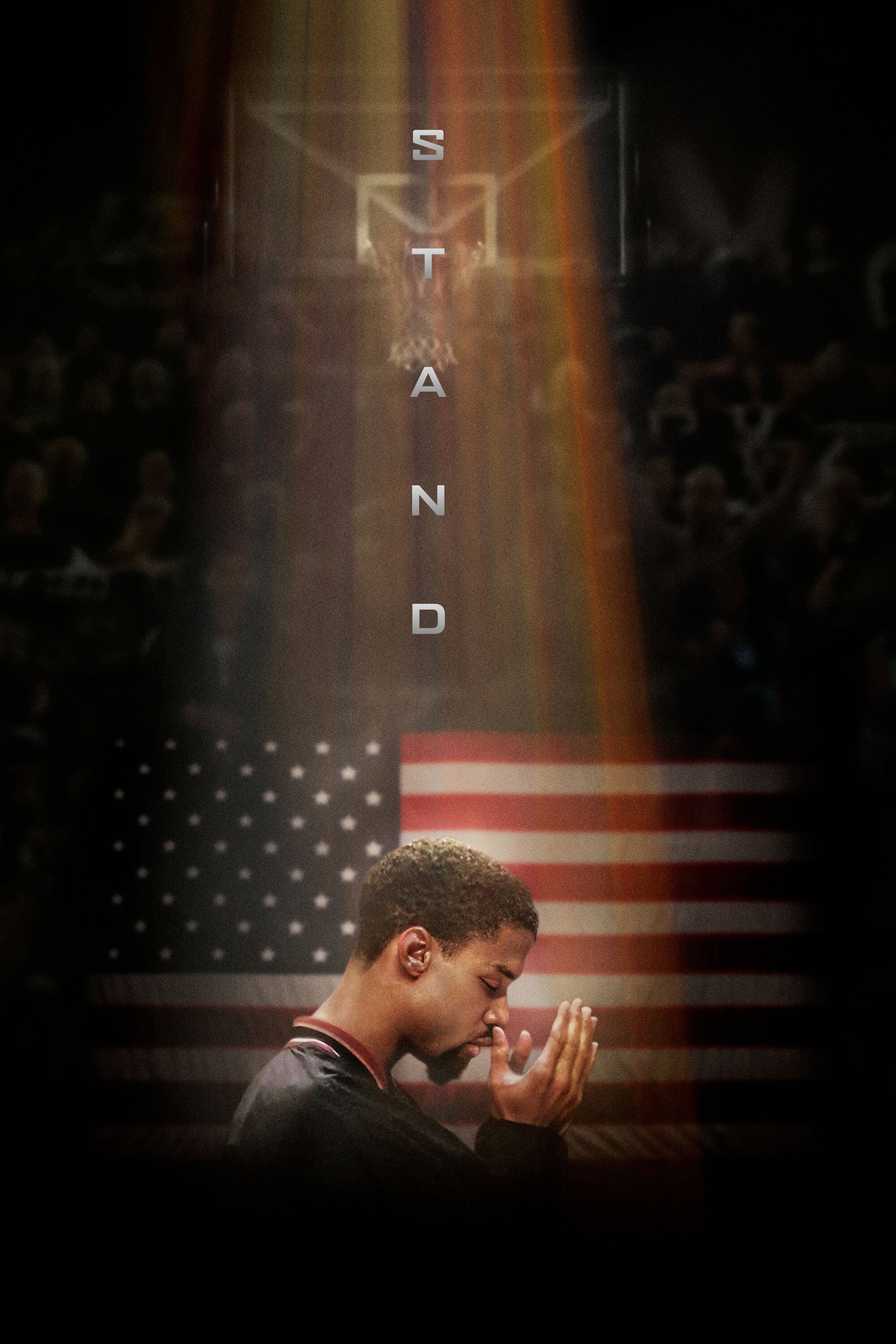
Stand
Character: Self (archive footage)
Raw and unflinching examination of the courageous life of basketball star and social justice activist Mahmoud Abdul-Rauf. Born Chris Jackson, he overcame tremendous adversity to reach the NBA and found his true calling when he converted to Islam. His decision not to stand for the national anthem, however, turned him from prodigy to pariah. Told candidly by Abdul-Rauf himself more than 20 years later it’s the remarkable story of one man who kept the faith and paved the way for a social justice mo...
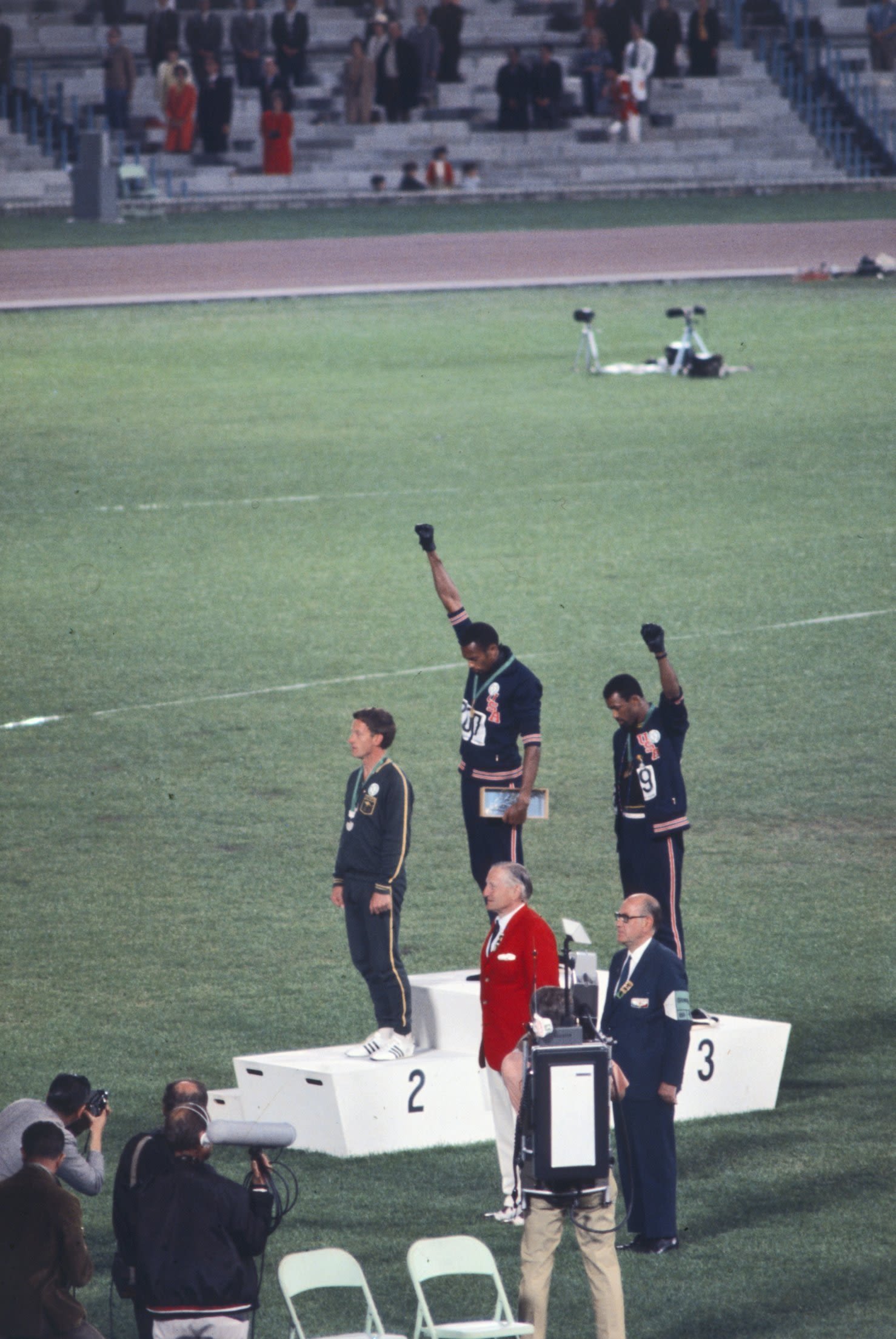
Black Power Salute
Character: Self (archive footage)
A film about one of the most iconic images of the 20th century, the moment when the radical spirit of the 1960s upstaged the greatest sporting event in the world. Two men made a courageous gesture that reverberated around the world, and changed their lives forever. This film is about Tommie Smith and John Carlos' protest at the 1968 Olympics....
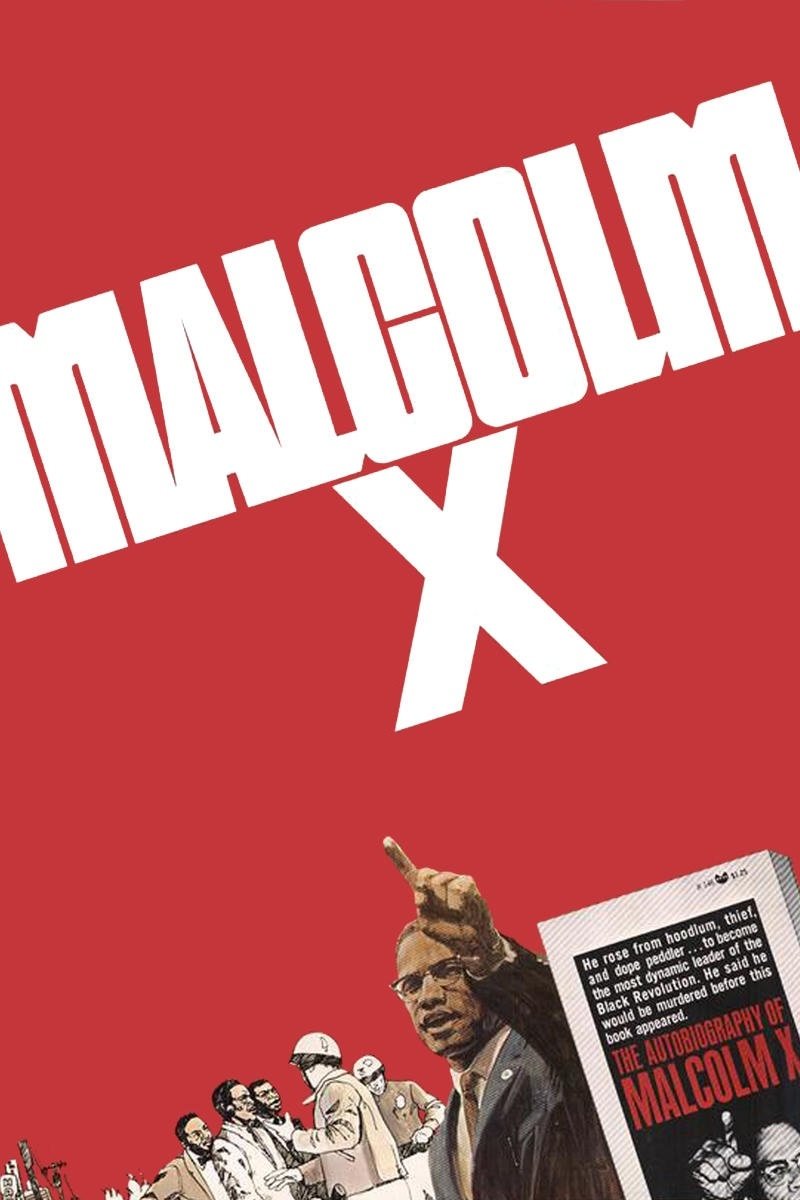
Malcolm X
Character: Self (archive footage)
James Earl Jones narrates this fascinating and moving documentary about the life of the assassinated black leader through various sources....

Summer of Soul (...Or, When the Revolution Could Not Be Televised)
Character: Self - Activist (archive footage)
During the same summer as Woodstock, over 300,000 people attended the Harlem Cultural Festival, celebrating African American music and culture, and promoting Black pride and unity. The footage from the festival sat in a basement, unseen for over 50 years, keeping this incredible event in America's history lost — until now....
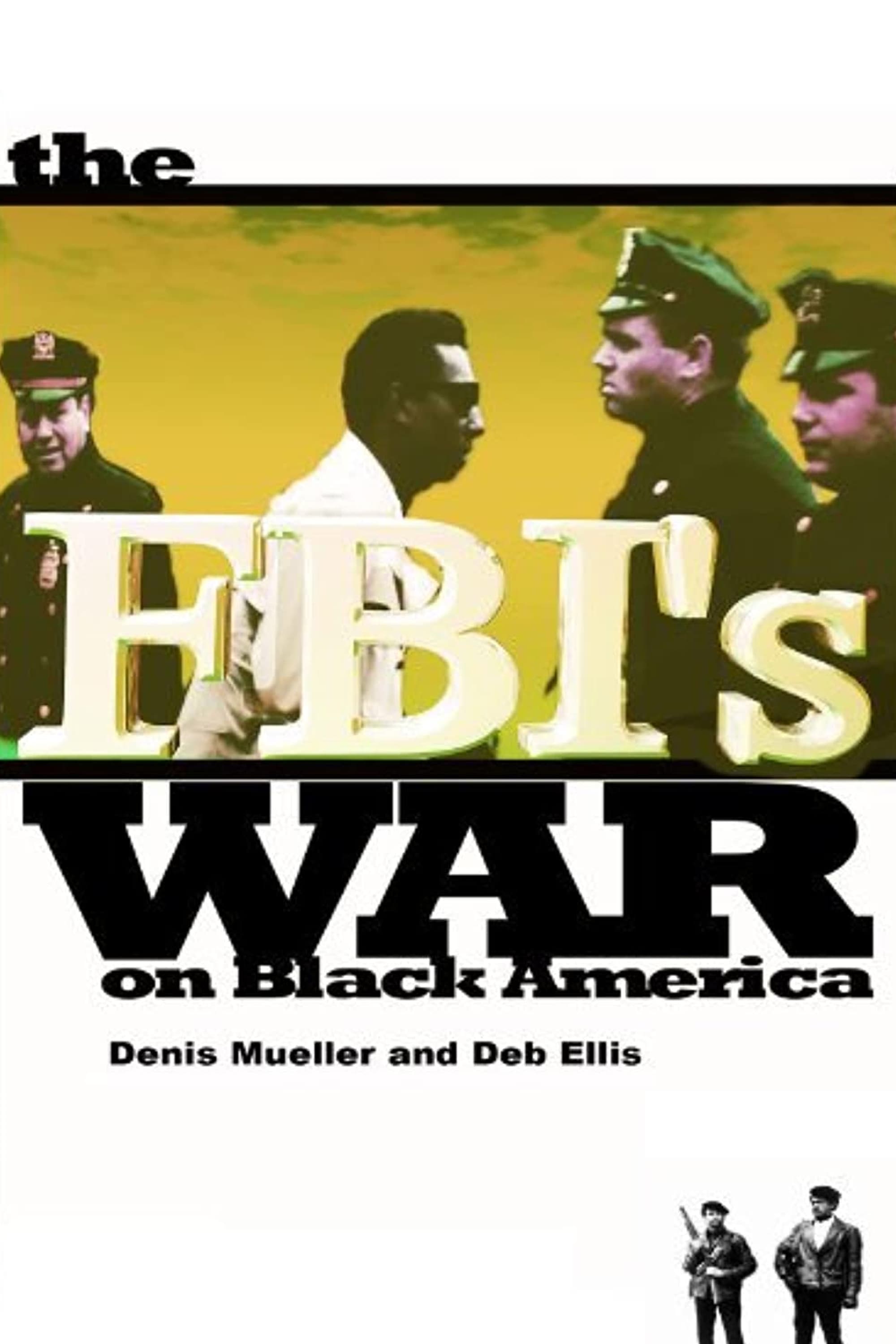
The FBI's War on Black America
Character: Self (archive footage)
Through a secret program called the Counter Intelligence Program (COINTELPRO), there was a concerted effort to subvert the will of the people to avoid the rise "of a Black Messiah" that would mobilize the African-American community into a meaningful political force. This documentary establishes historical perspective on the measures initiated by J. Edgar Hoover and the FBI which aimed to discredit black political figures and forces of the late 1960's and early 1970's. Combining declassified do...
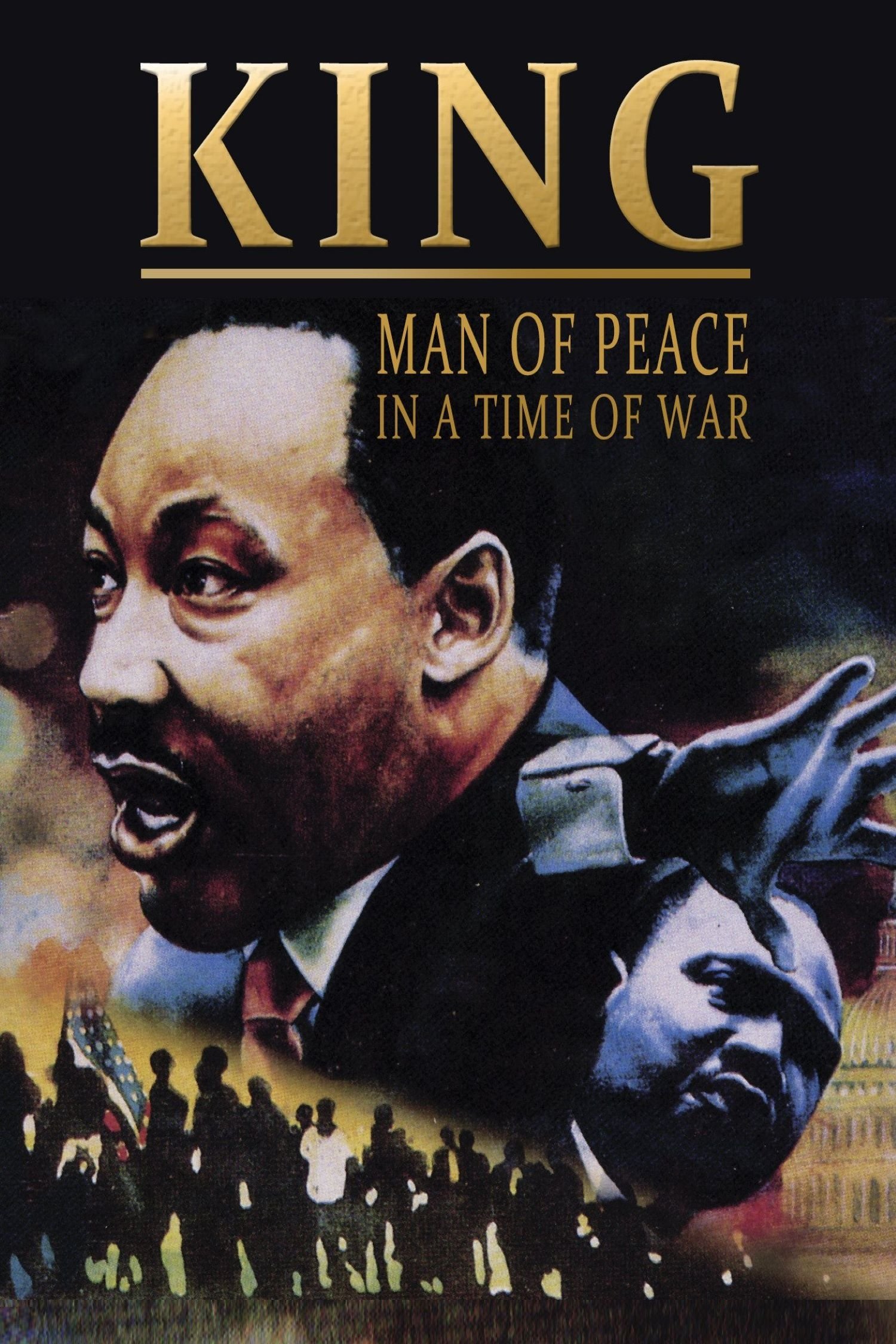
King: Man of Peace in a Time of War
Character: Self (archive footage)
King: Man of Peace in a Time of War documents the work Martin Luther King did in attempting to bring peace to people during the turmoil of the Vietnam War and the Civil Rights Movement. The film includes interviews with contemporaries such as Jesse Jackson, and military experts like Colin Powell....
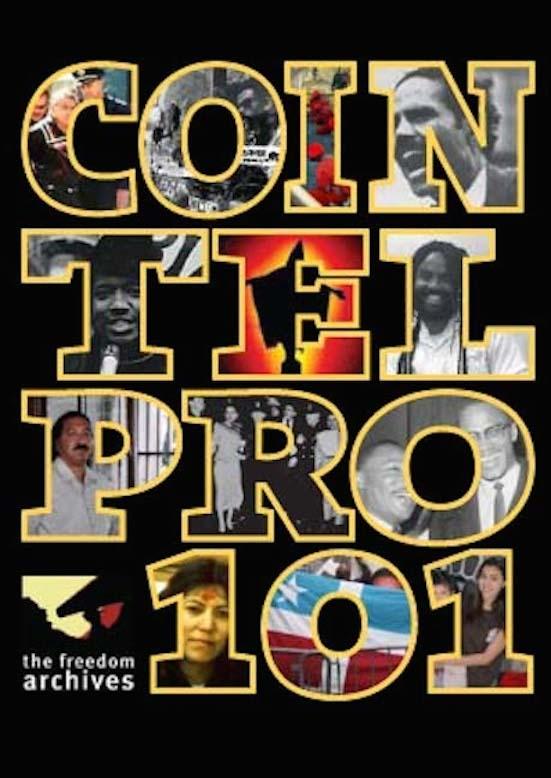
COINTELPRO 101
Character: Self (archive footage)
COINTELPRO 101 exposes illegal surveillance, disruption, and outright murder committed by the US government in the 1950s, 60s, and 70s. “COINTELPRO” refers to the official FBI COunter INTELigence PROgram carried out to surveil, imprison, and eliminate leaders of social justice movements and to disrupt, divide, and destroy the movements as well. Many of the government's crimes are still unknown. Through interviews with activists who experienced these abuses first-hand, with rare historical footag...
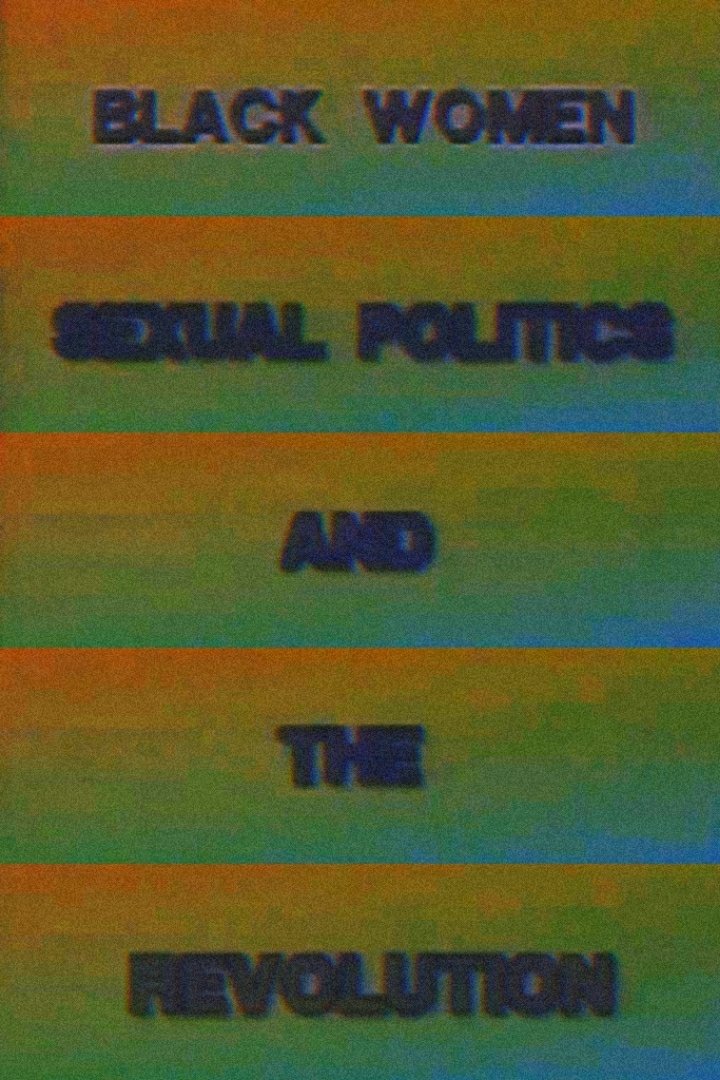
Black Women, Sexual Politics and the Revolution
Character: Himself (archive)
Focuses on sexual equality in the Black community....
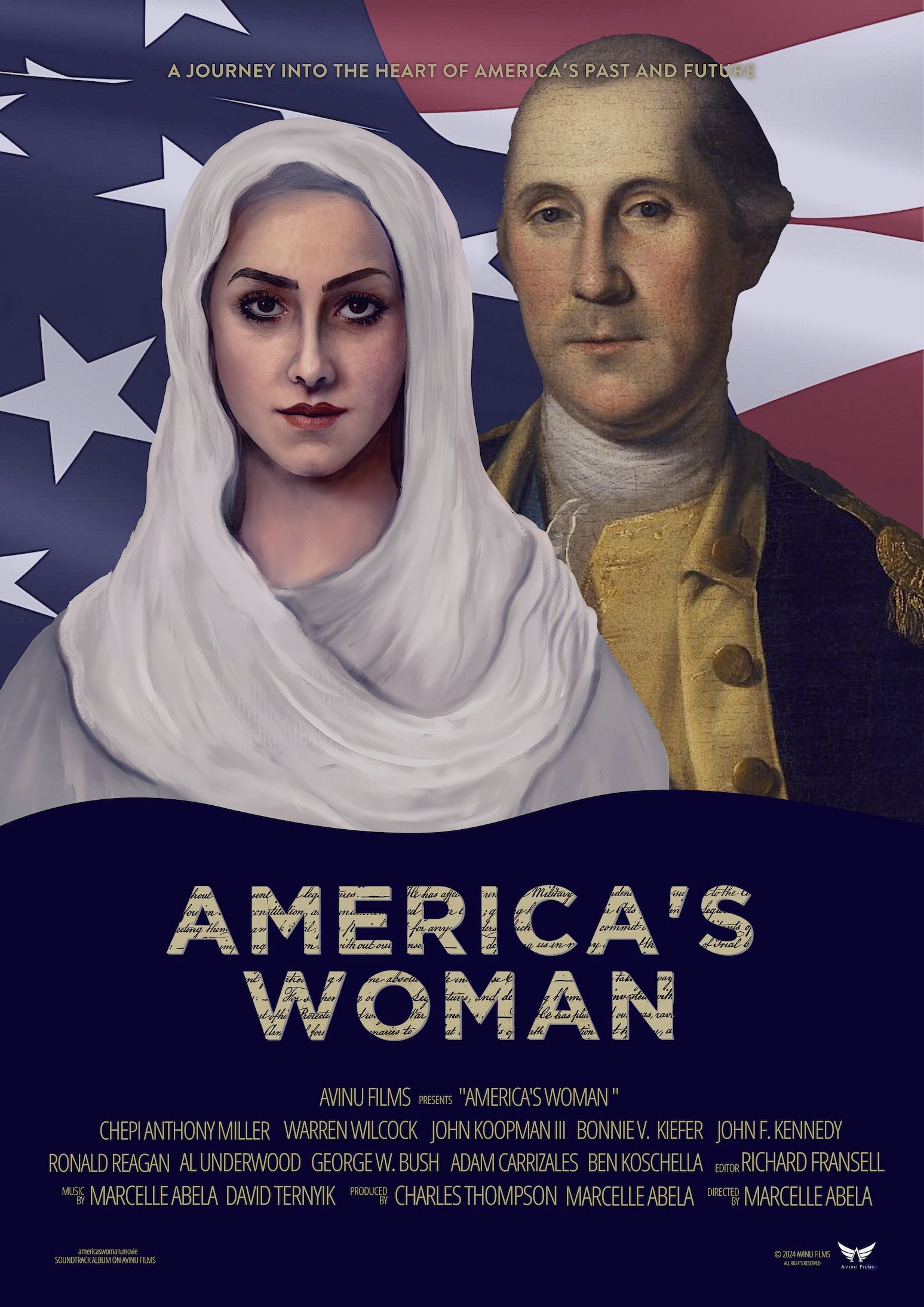
America's Woman
Character: Self
A journey into the heart of America's past and future. The story revolving around the mysterious woman, overlooked by historians, who had a profound influence on George Washington, his vision for America, and its independence – a vision that can deeply influence the nation’s present need for healing and unity....
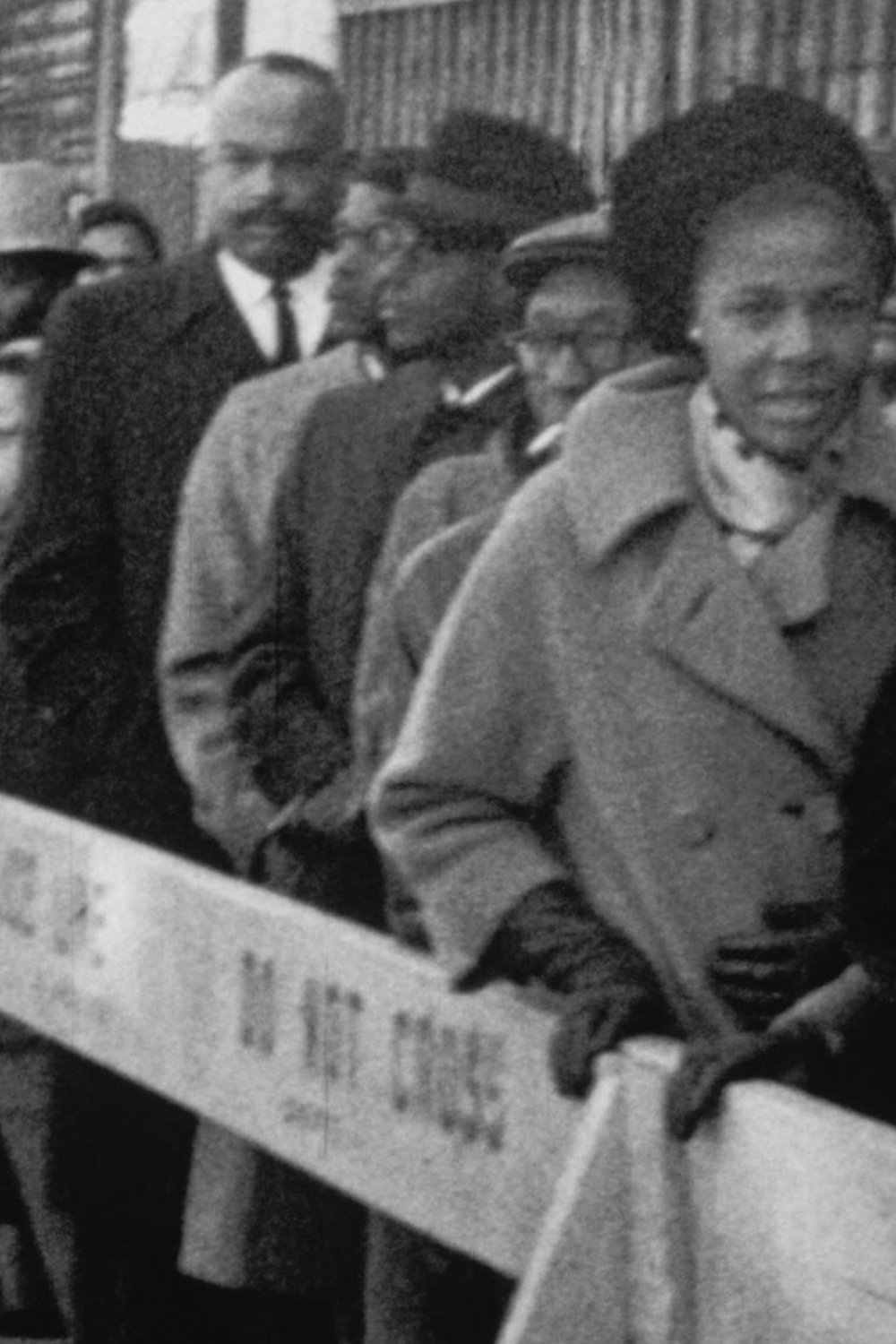
A Tribute to Malcolm X
Character: Self (archive footage)
A commemoration of the four-year anniversary of the assassination of Malcolm X, featuring an intimate interview with his wife, Betty Shabazz....
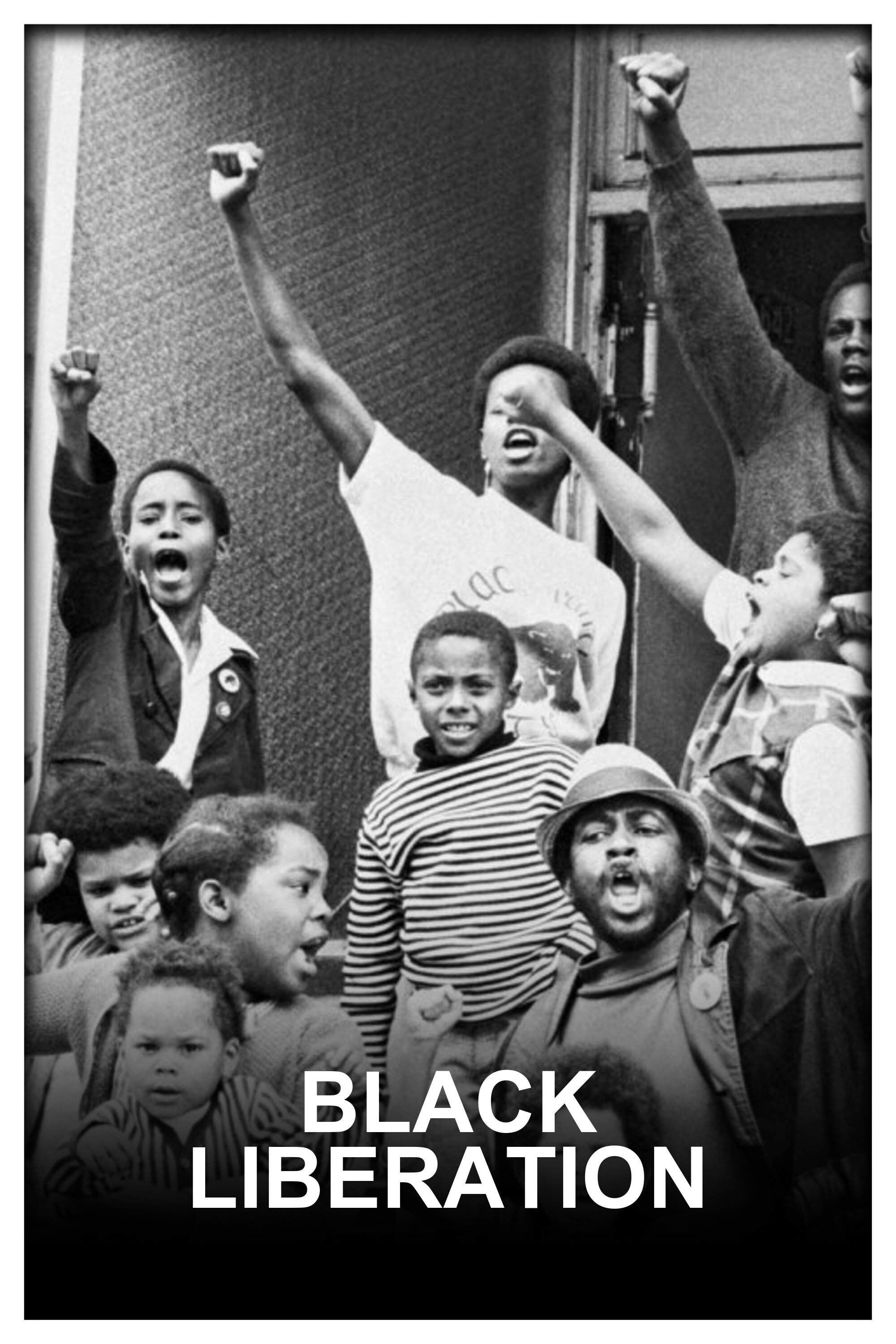
Black Liberation
Character: Self
Produced in collaboration with Malcolm X and narrated by Ossie Davis, this call to arms layers revolutionary text from multiple sources with gritty, shot-on-the-streets-of-New York footage of African-American struggle. A forgotten masterpiece from radical filmmaker, theorist and founder of Cinéma Éngagé, Édouard de Laurot....
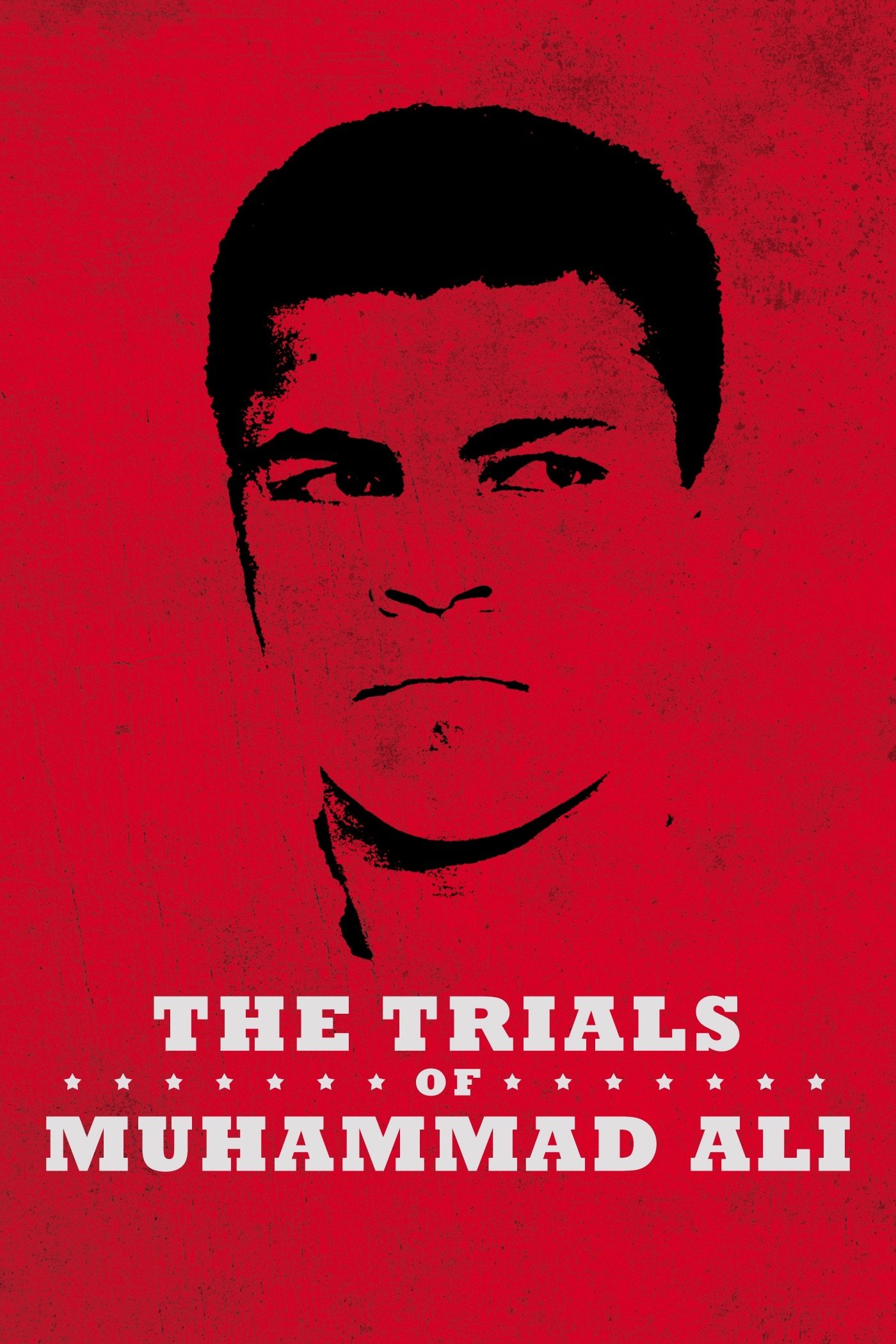
The Trials of Muhammad Ali
Character: Self (archive footage)
Brash boxer Cassius Clay burst into the American consciousness in the early 1960s, just ahead of the Civil Rights movement. His transformation into the spiritually enlightened heavyweight champion Muhammad Ali is legendary, but this religious awakening also led to a bitter legal battle with the U.S. government after he refused to serve in the Vietnam War. This film reveals the perfect storm of race, religion and politics that shaped one of the most recognizable figures in sports history....
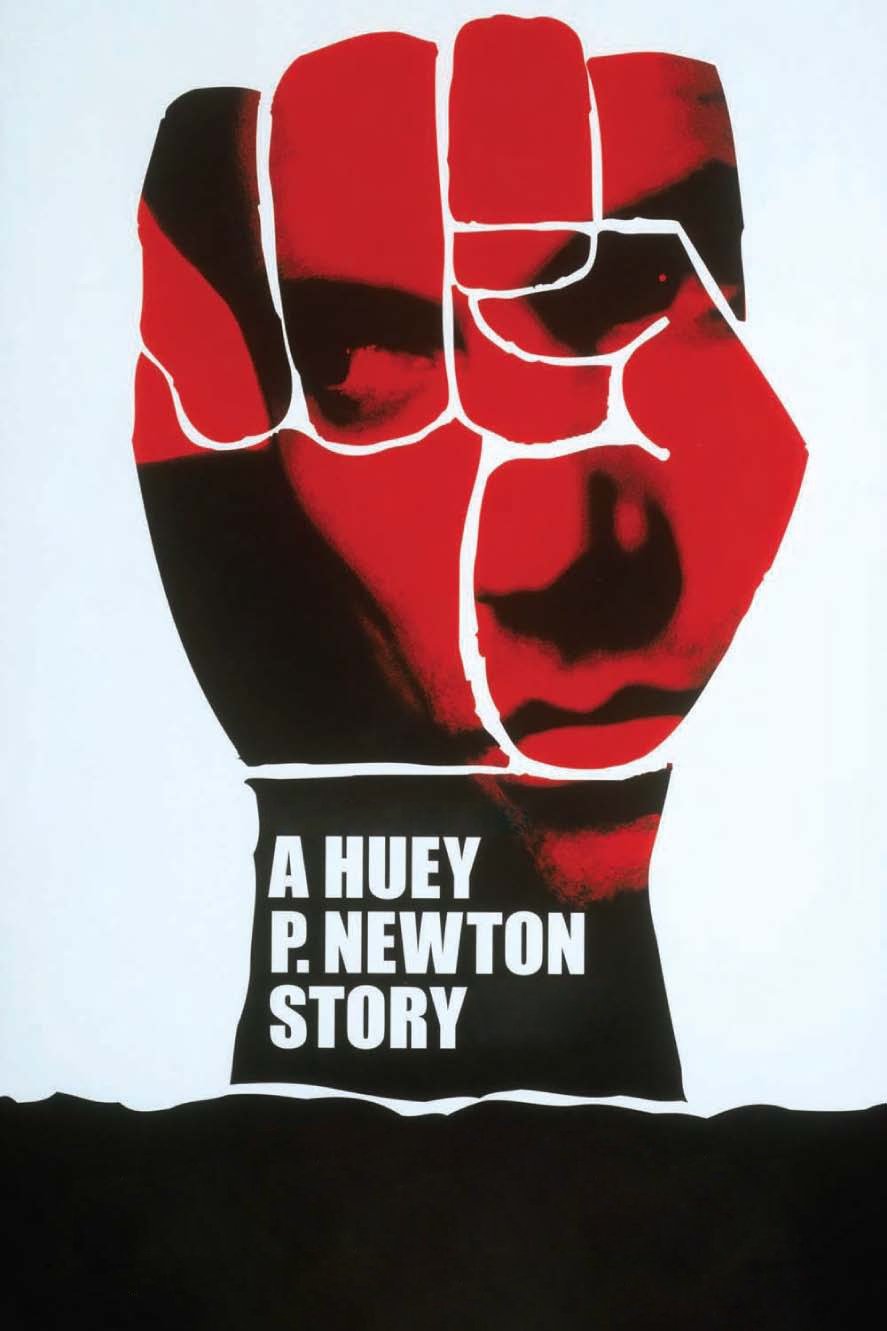
A Huey P. Newton Story
Character: Self (archive footage) (uncredited)
The story of how the radical Huey P. Newton developed the Black Panther Party based on his 10-point program for social reform....
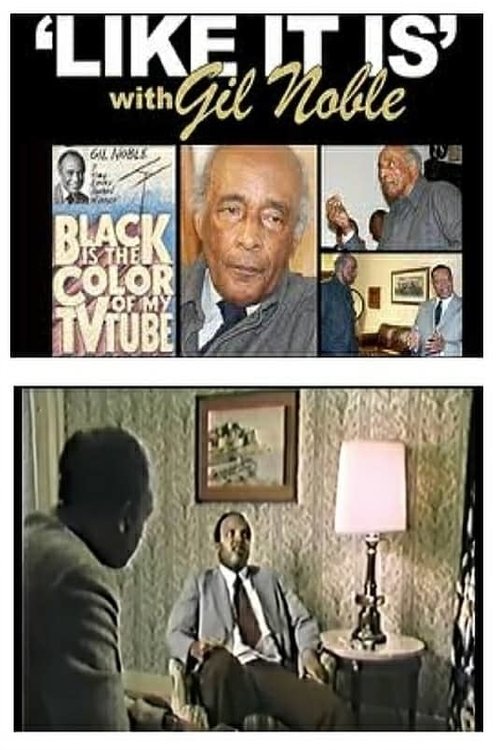
A Decade of Struggle
Character: Self
This special three-part presentation of "Like It Is" examines the history of the black civil rights movement in the United States, emphasizing the role of black leaders and activists. Including the defected FBi-agent "Othello" Darthard Perry tells it all....
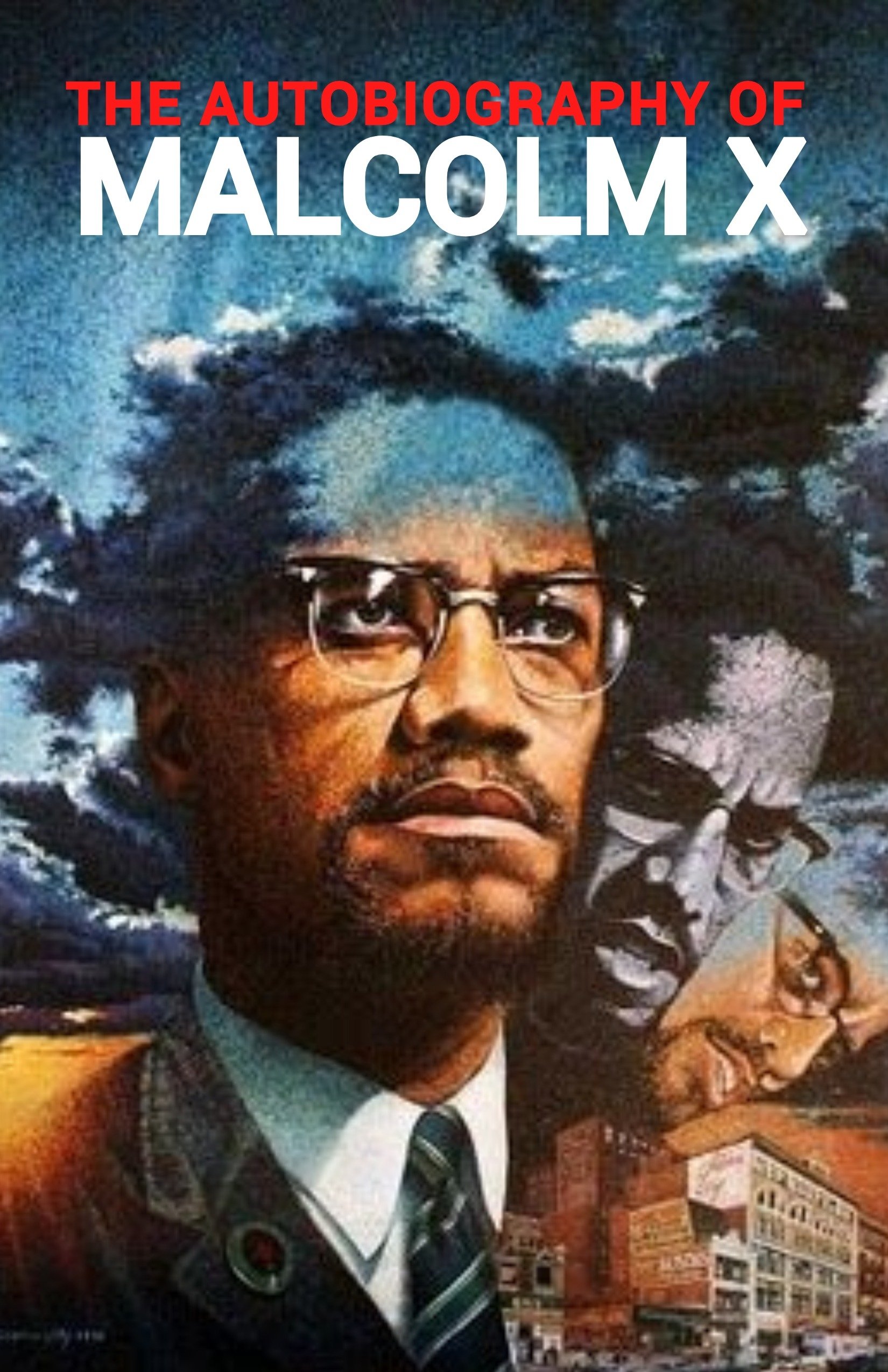
The Autobiography of Malcolm X
Character: Self (archive footage)
The Autobiography of Malcolm X is an account of the life of Malcolm X, born Malcolm Little in 1925, who became a human rights activist. Malcolm X was assassinated in New York's Audubon Ballroom in February 1965....
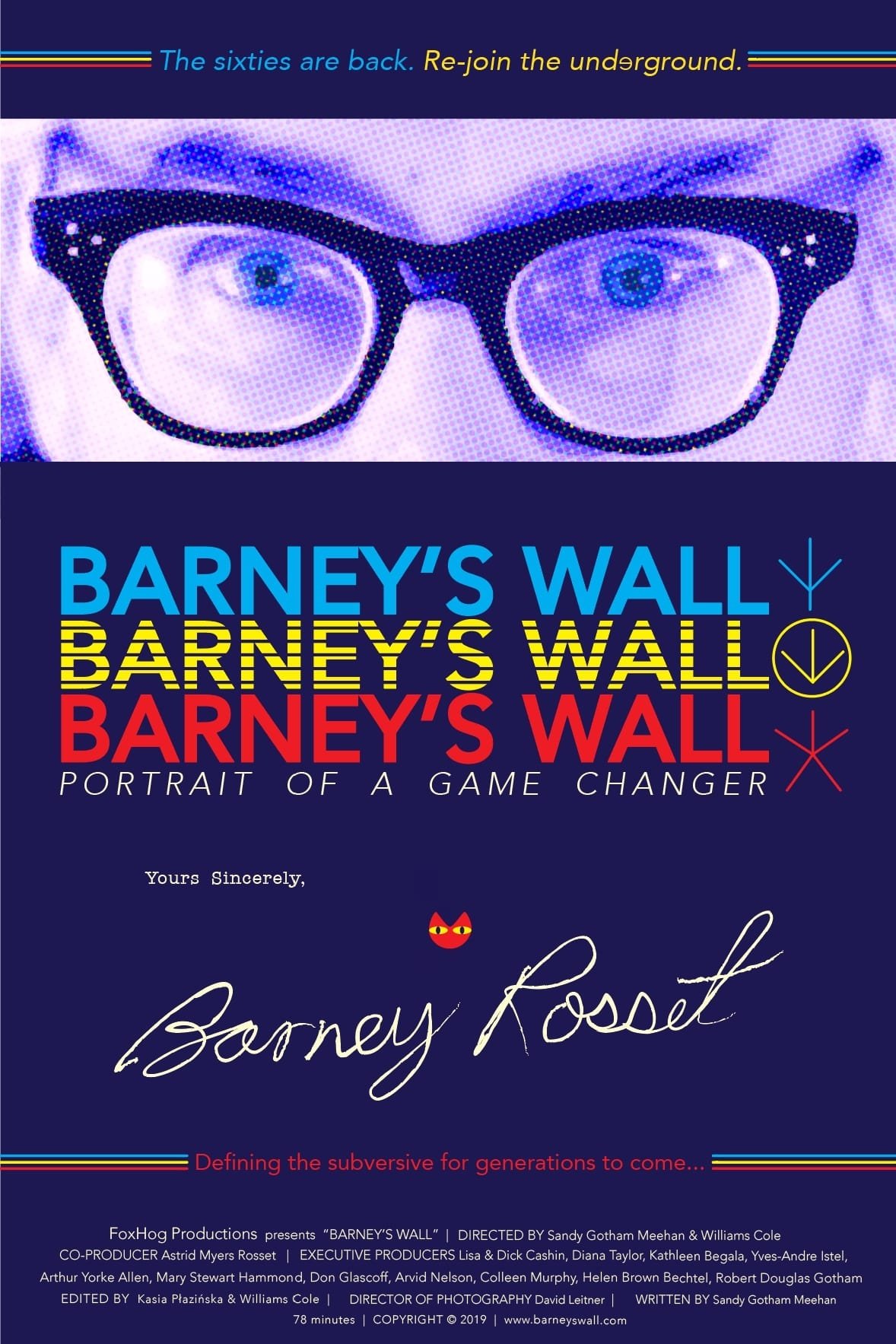
Barney's Wall
Character: Self (archive footage)
What makes a rebel? This 78 minute documentary probes the psyche of bad-boy publisher and free speech warrior Barney Rosset, whose mid-century legal and cultural battles smashed sexual and political taboos in the United States — unleashing the counter-culture of the 1960s and introducing millions of young intellectuals to the most radical currents in literature, film, theater and politics. In his late eighties, coming to terms with his life, Barney Rosset began to obsessively sculpt an autobiog...
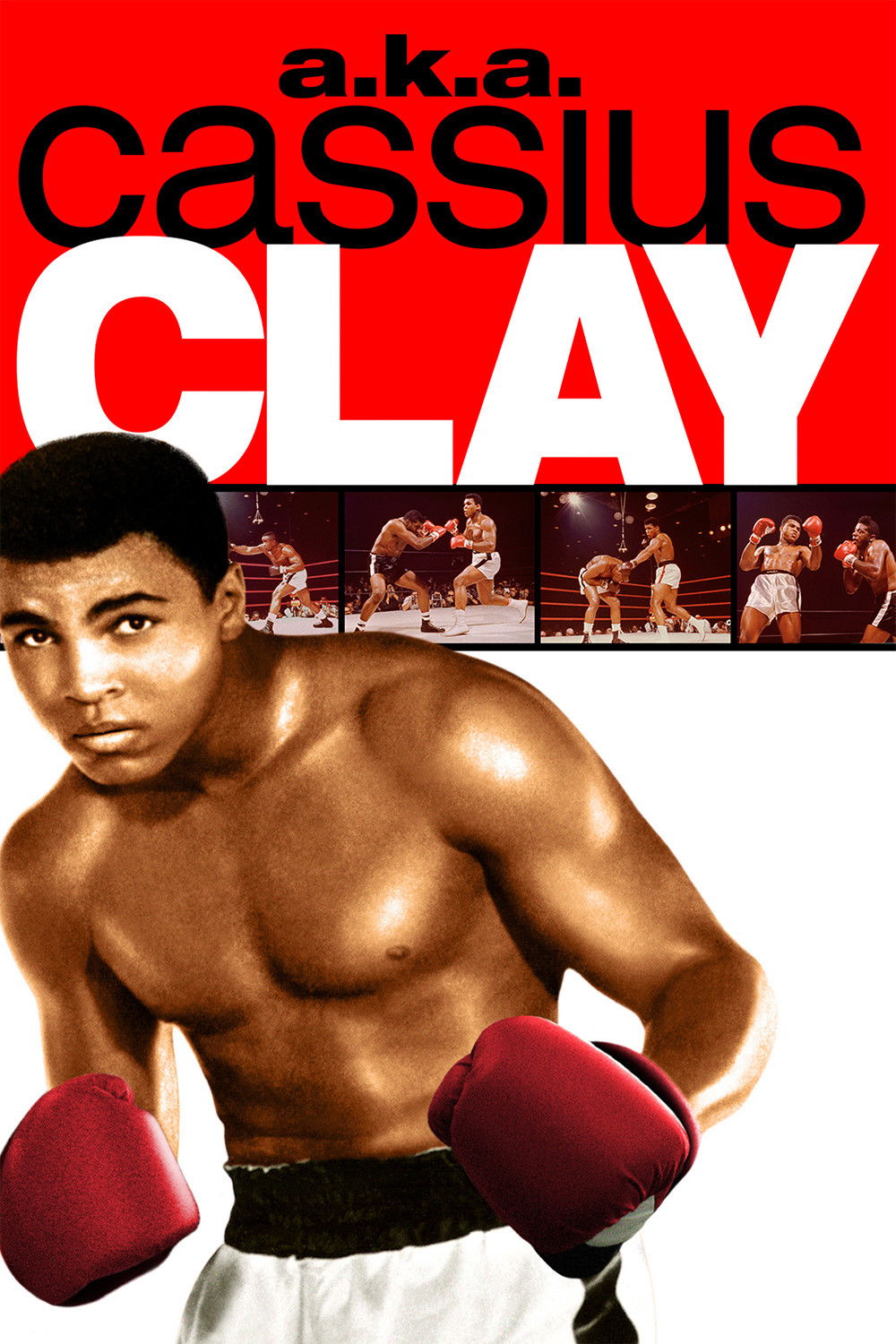
a.k.a. Cassius Clay
Character: Self
The study of crazy brilliance and flamboyant sincerity. a.k.a. Cassius Clay presents a fascinating look at the incredible life and achievements of one of the most courageous, outspoken and charismatic figures of boxing: Muhammad Ali. Born Cassius Clay in 1942, Ali soon rose to become a renowned athlete, an articulate author and a compelling political; leader. Audacious, ambitious and totally fearless, Ali became a symbol of pride, a legend of hope and one of the most extraordinary cultural icons...
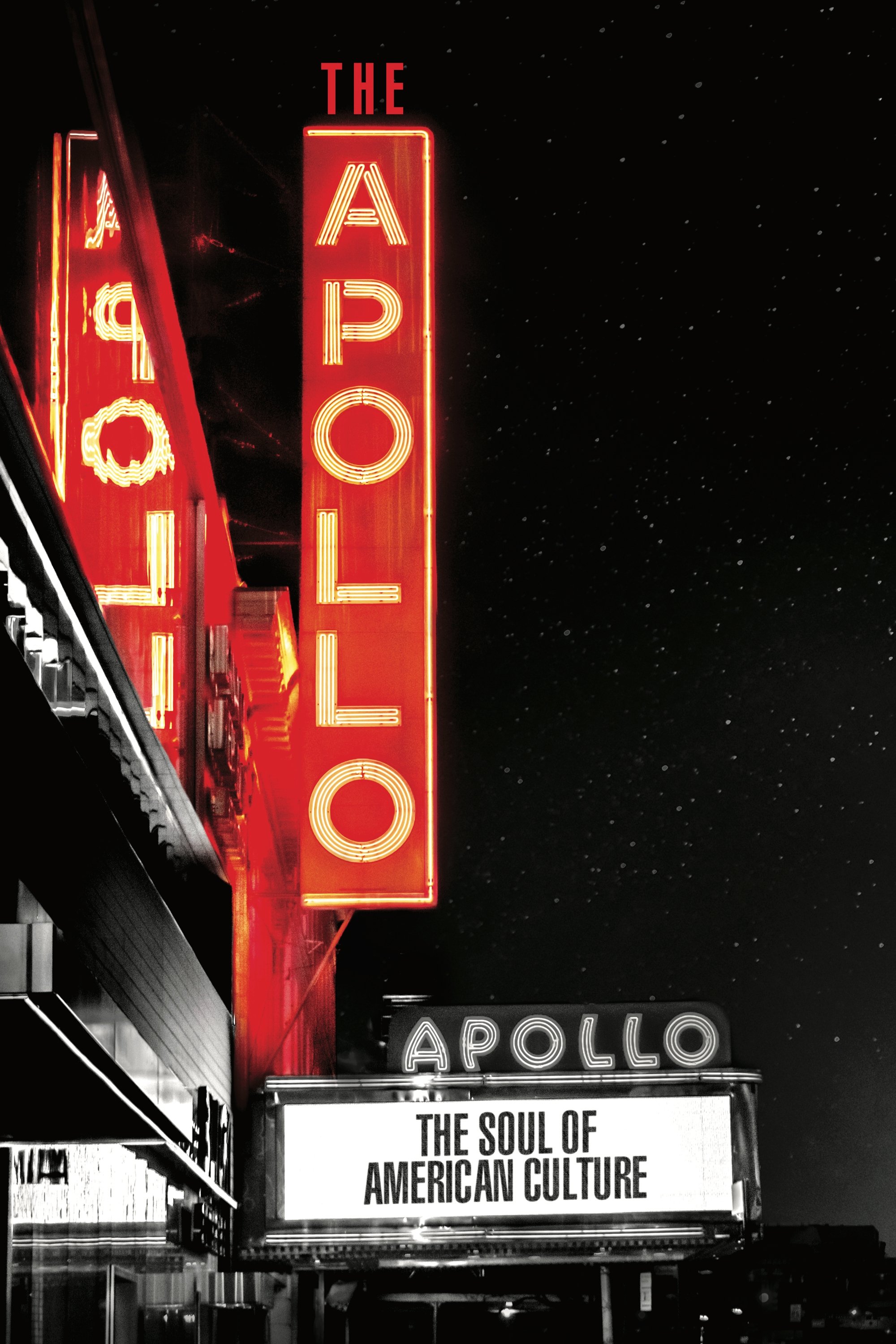
The Apollo
Character: Self (archive footage)
The history of New York City's Apollo Theater in Harlem is given the full treatment....
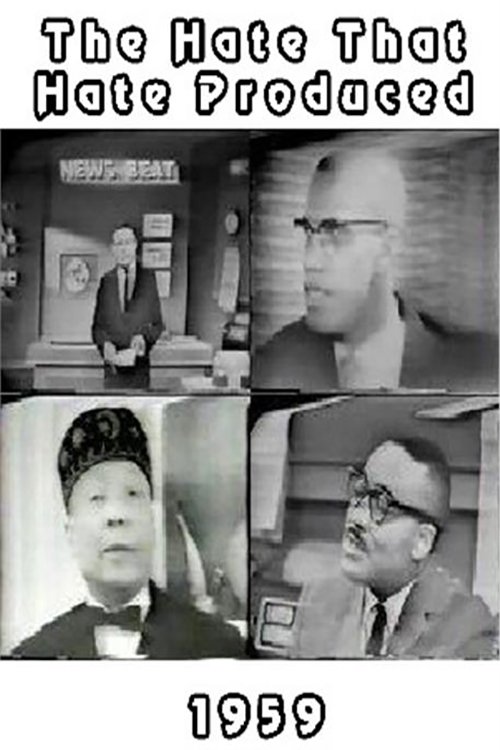
The Hate That Hate Produced
Character: Himself
A television documentary about Black Nationalism in America, focusing on the Nation of Islam and, to a lesser extent, the United African Nationalist Movement....
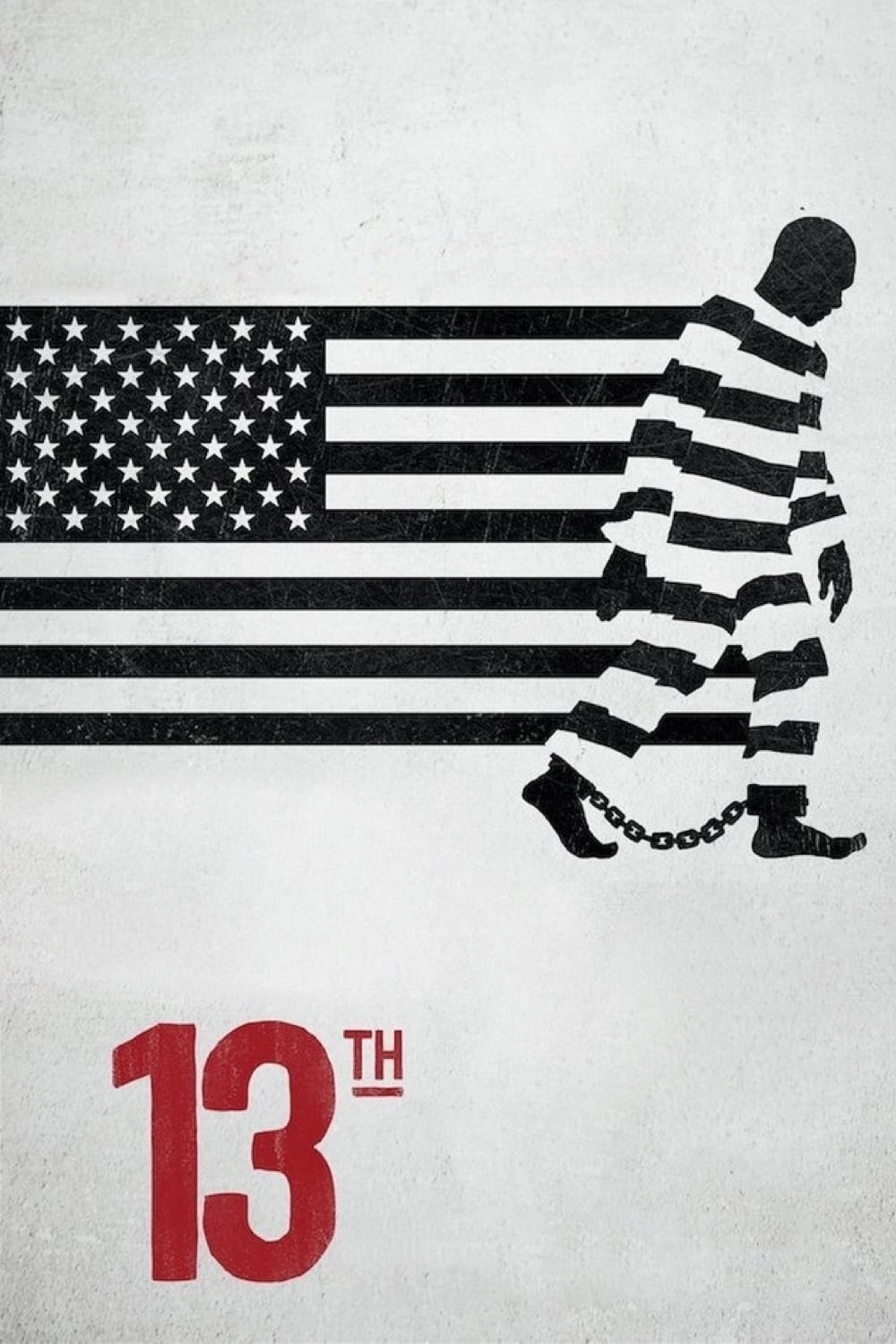
13th
Character: Self (archive footage)
An in-depth look at the prison system in the United States and how it reveals the nation's history of racial inequality....

Lemonade
Character: Self (voice) (uncredited)
The second "visual album" (a collection of short films) by Beyoncé, this time around she takes a piercing look at racial issues and feminist concepts through a sexualized, satirical, and solemn tone....

De Cabral a George Floyd: Onde Arde o Fogo Sagrado da Liberdade
Character: Self
Through clippings, the film draws a narrative line between the construction of racism in Brazil and the United States, having as base the European invasion of the continent, police violence, the genocide of the black people, the massacre of indigenous peoples, religious violence, the criminalization of funk music, structural racism in art and education, the importance of quota policy and the need urgent historical repair as a commitment by the Brazilian state to the black people....
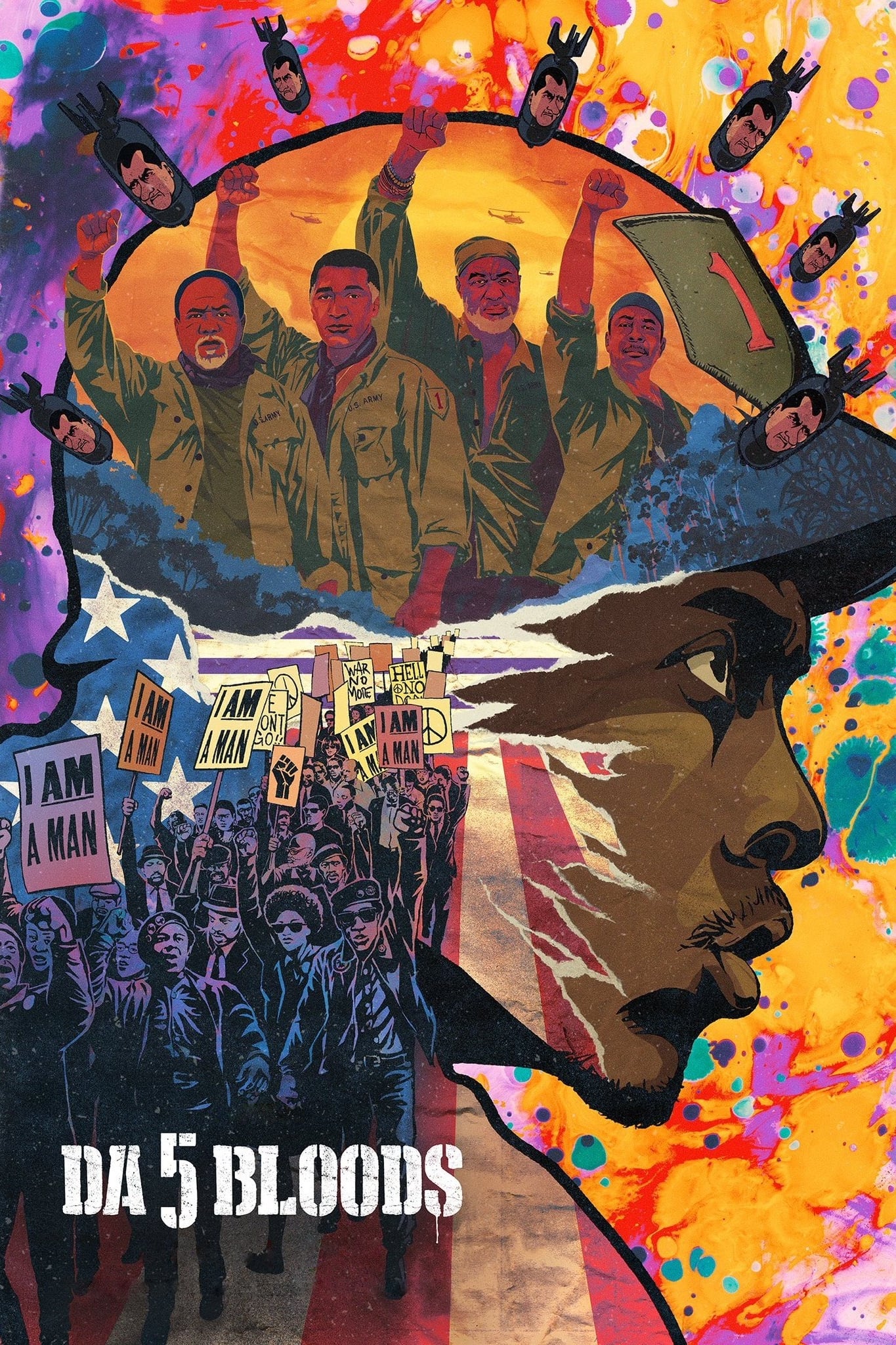
Da 5 Bloods
Character: Self (archive footage) (uncredited)
Four African-American Vietnam veterans return to Vietnam. They are in search of the remains of their fallen squad leader and the promise of buried treasure. These heroes battle forces of humanity and nature while confronted by the lasting ravages of the immorality of the Vietnam War....
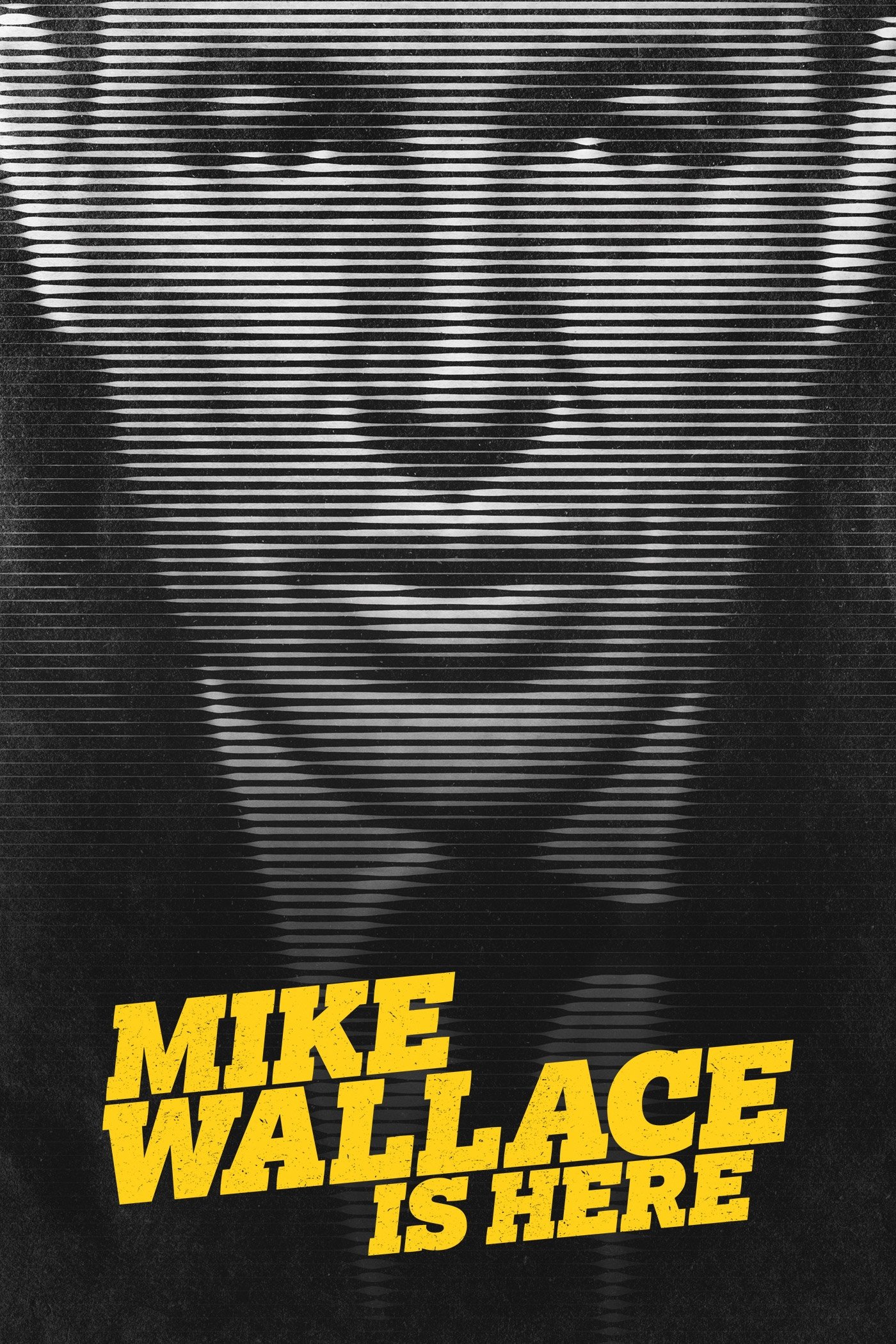
Mike Wallace Is Here
Character: Self (archive footage)
For over half a century, 60 Minutes' fearsome newsman Mike Wallace went head-to-head with the world's most influential figures. Relying exclusively on archival footage, the film interrogates the interrogator, tracking Wallace's storied career and troubled personal life while unpacking how broadcast journalism evolved to today’s precarious tipping point....
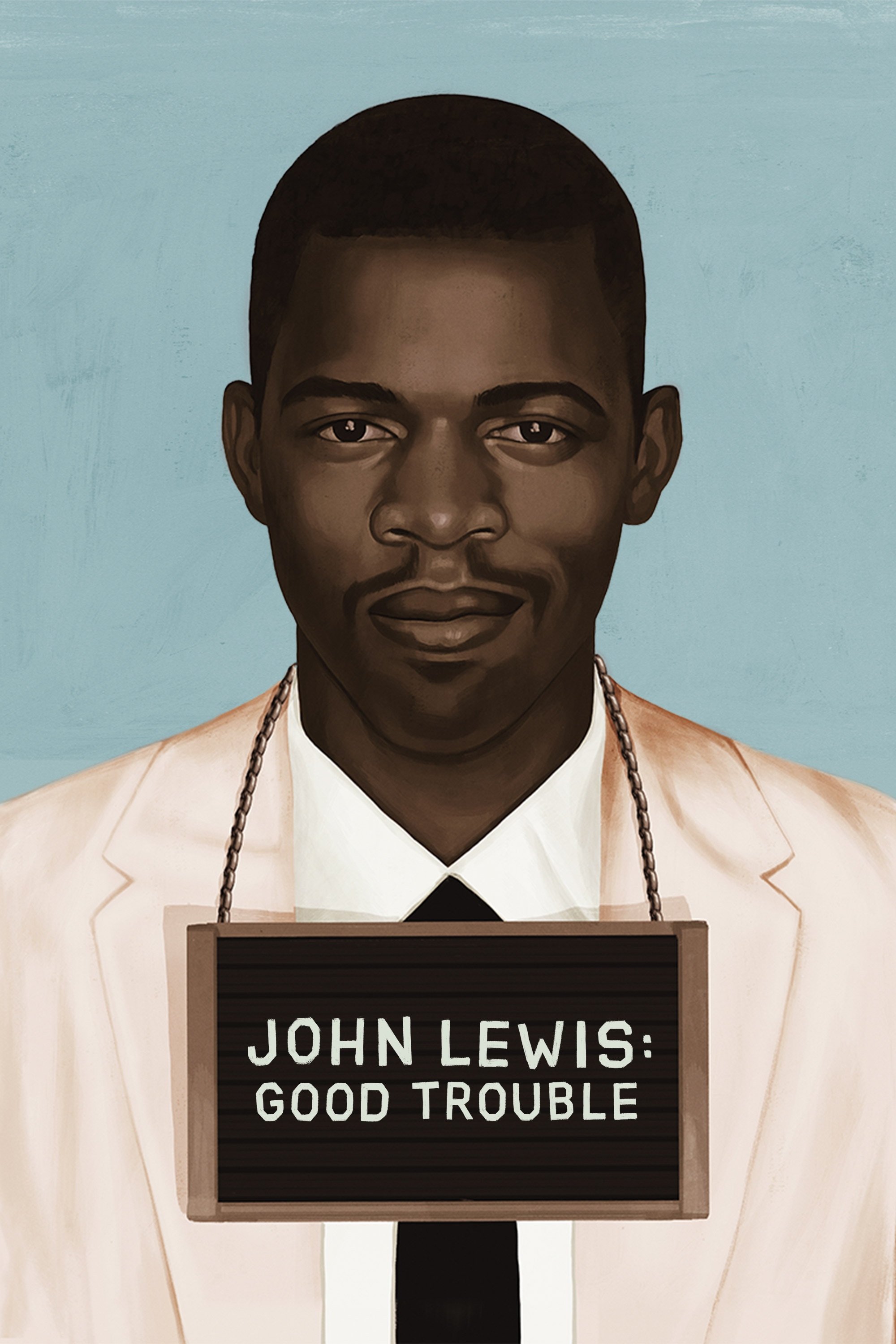
John Lewis: Good Trouble
Character: Self (archive footage)
The timely biopic focuses on John Lewis’ longstanding prominence as a civil rights champion and his continuing crusade for racial and social equality. The documentary illuminates the 80-year-old Congressman’s life as it chronicles the moments on the extraordinary journey that have shaped his place in history and make him such a galvanizing figure today as protests circle the globe. Lewis’ schedule has increased ten-fold as he has become the go-to figure for TV news shows, podcasts and newspapers...
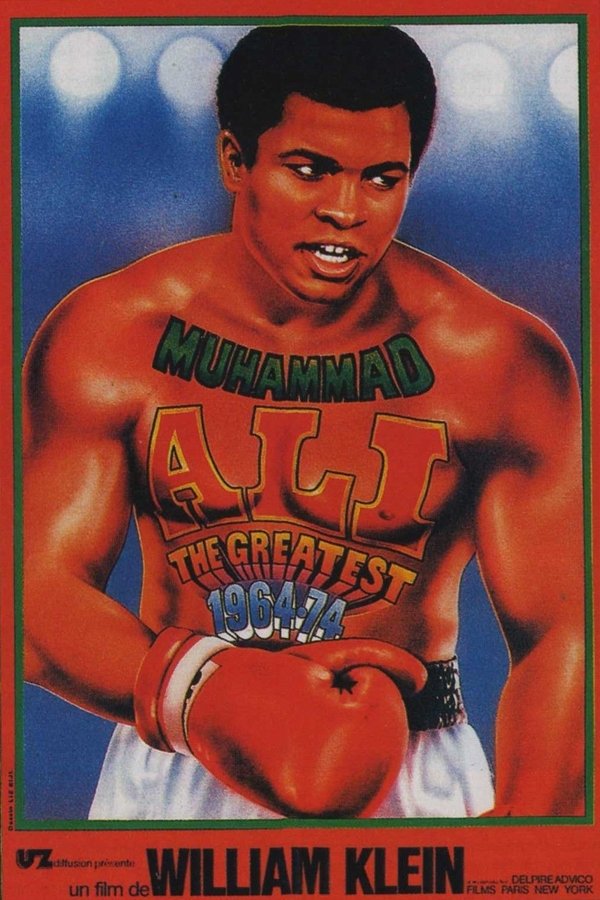
Muhammad Ali, the Greatest
Character: Self (archive footage)
Universally accepted as a true icon of the 20th century, Muhammad Ali’s phenomenal achievements spanned sport, politics and religion. One man – photographer William Klein had comprehensive access to the events that shaped Ali’s legend. In 1964, the young gregarious Cassius Clay successfully defeated the seemingly invincible Heavyweight Champion of the World Sonny Liston – the manner of Clay’s victory and his amazing persona made him an instant superstar. Through this incredible period, and Clay...
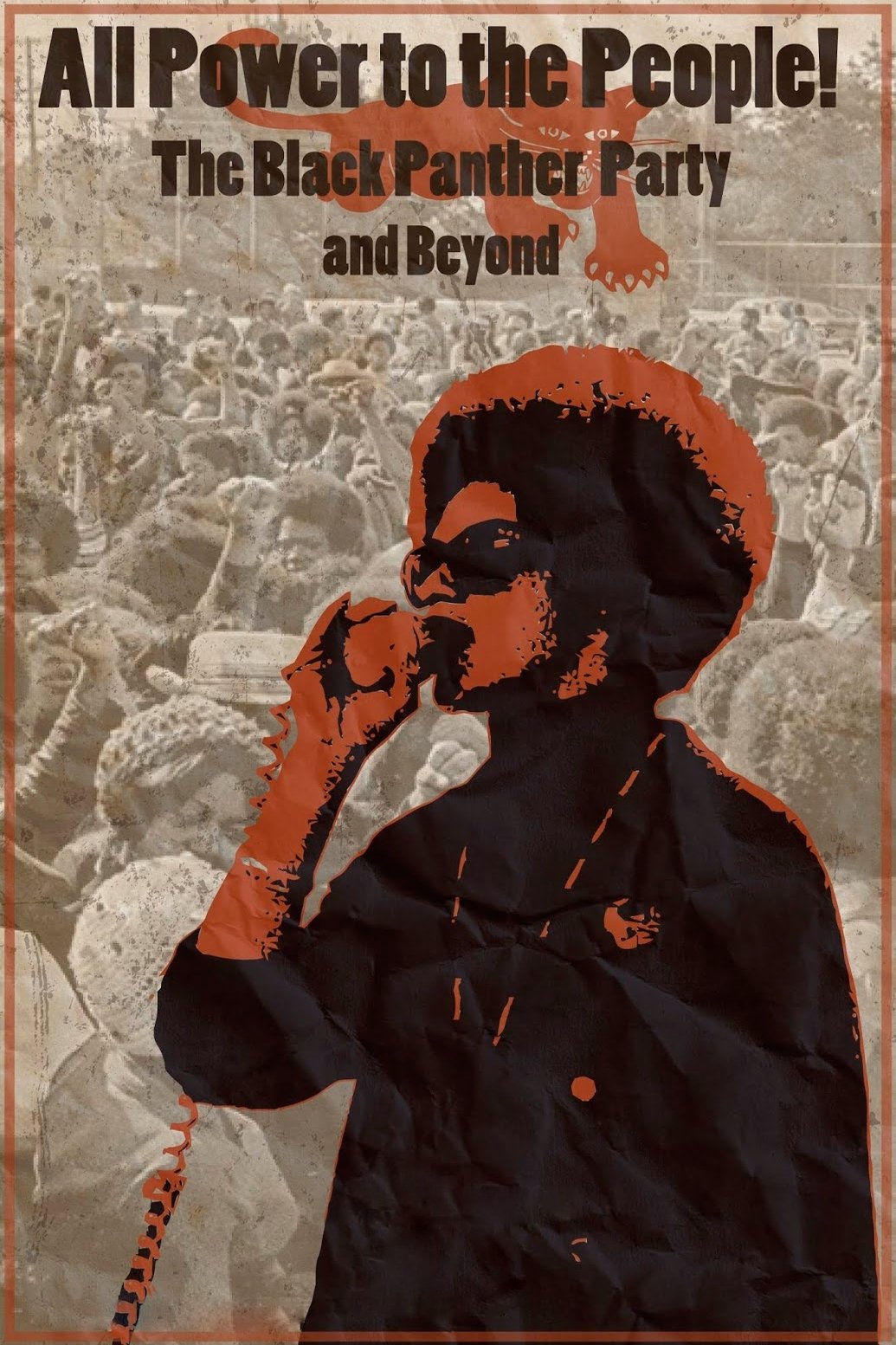
All Power to the People!
Character: Self (archive footage)
Using government documents, archive footage and direct interviews with activists and former FBI/CIA officers, All Power to the People documents the history of race relations and the Civil Rights Movement in the United States during the 1960s and 70s. Covering the history of slavery, civil-rights activists, political assassinations and exploring the methods used to divide and destroy key figures of movements by government forces, the film then contrasts into Reagan-Era events, privacy threats fro...
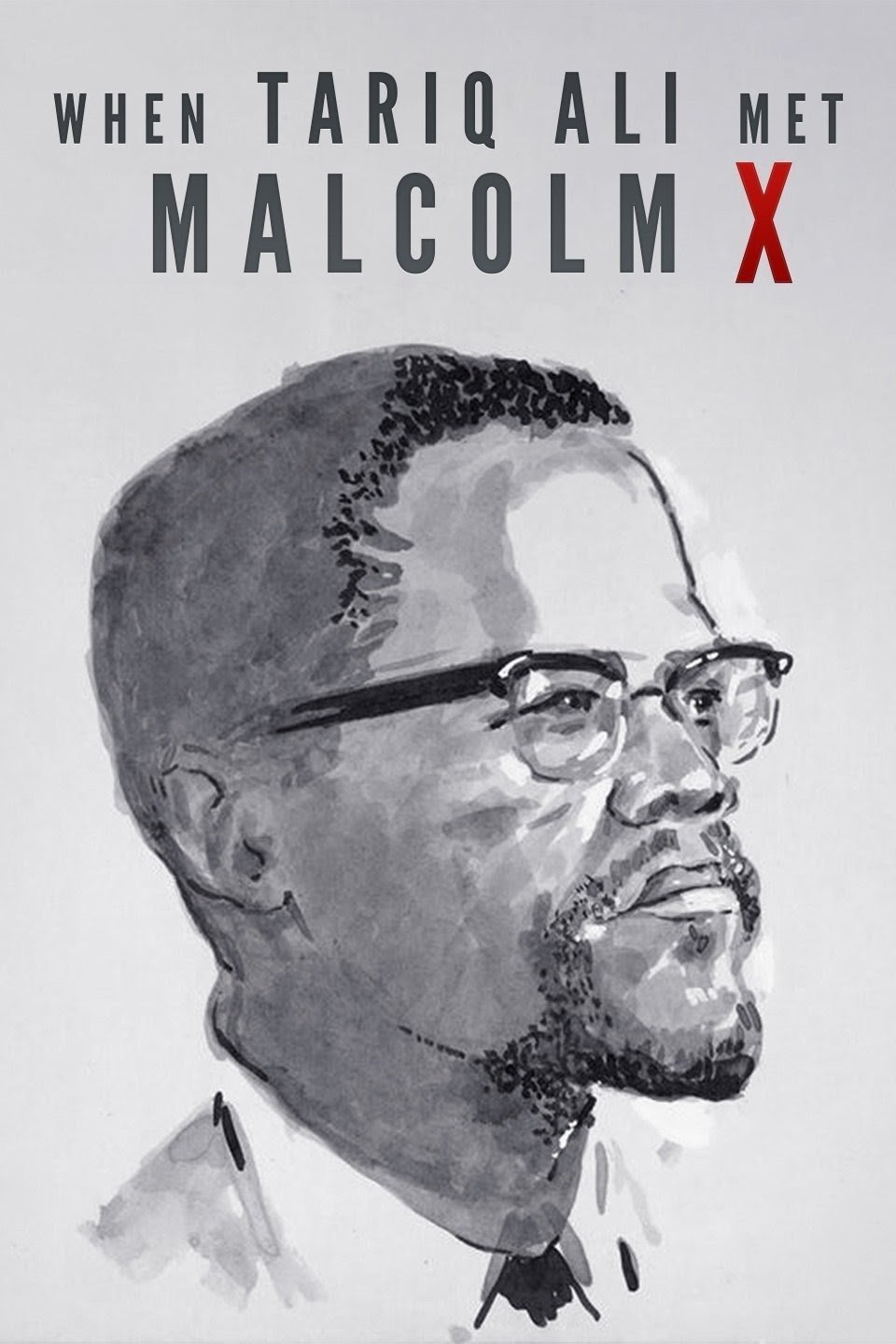
When Tariq Ali Met Malcolm X
Character: Self (archive footage)
One was a Black human rights leader who had achieved global notoriety. The other was a young Marxist Oxford student from Pakistan looking to bring radical change to the British establishment. When they met in December 1964, Malcolm X's life of activism was about to come to a tragic end, but Tariq Ali's journey was just beginning. This is the story of a brief but impactful friendship that, 50 years later, still ripples through England today, told by Ali, civil rights historians, and rarely seen f...
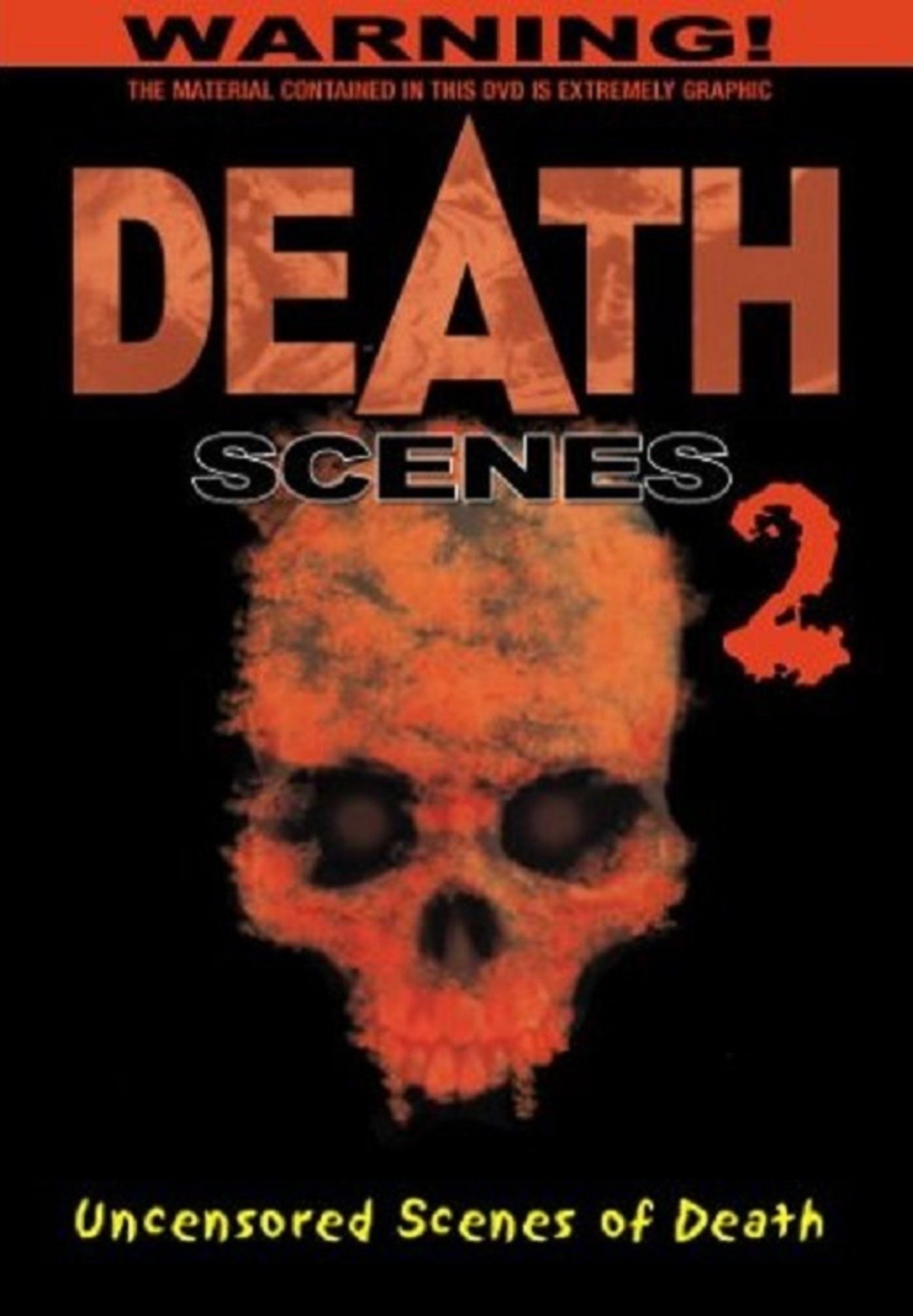
Death Scenes 2
Character: Self (archive footage) (uncredited)
DEATH SCENES II continues the exploration into the dark recesses of violence and rage that ended in such heinous crimes as the Manson Family's assault on society. You'll see the gruesome aftermath of mob reprisals, public executions and international terrorism. DEATH SCENES II uniquely ushers the brave and curious into a spellbinding trip through the reality that is our world today....
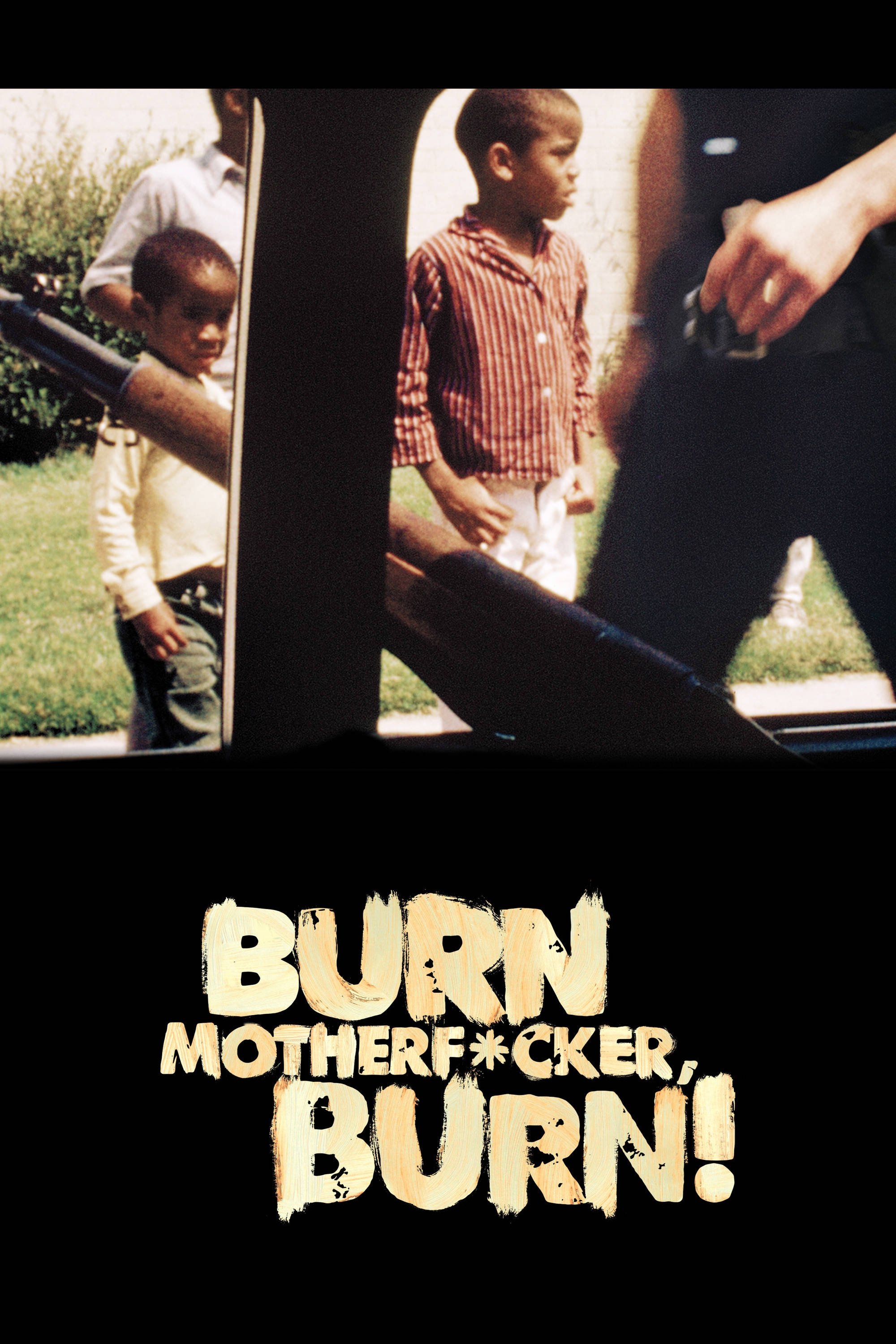
Burn Motherfucker, Burn!
Character: Self (archive footage)
An in-depth and provocative look at the 1992 Los Angeles riots exploring the roots of civil unrest in California and the relationship between African Americans and LAPD....
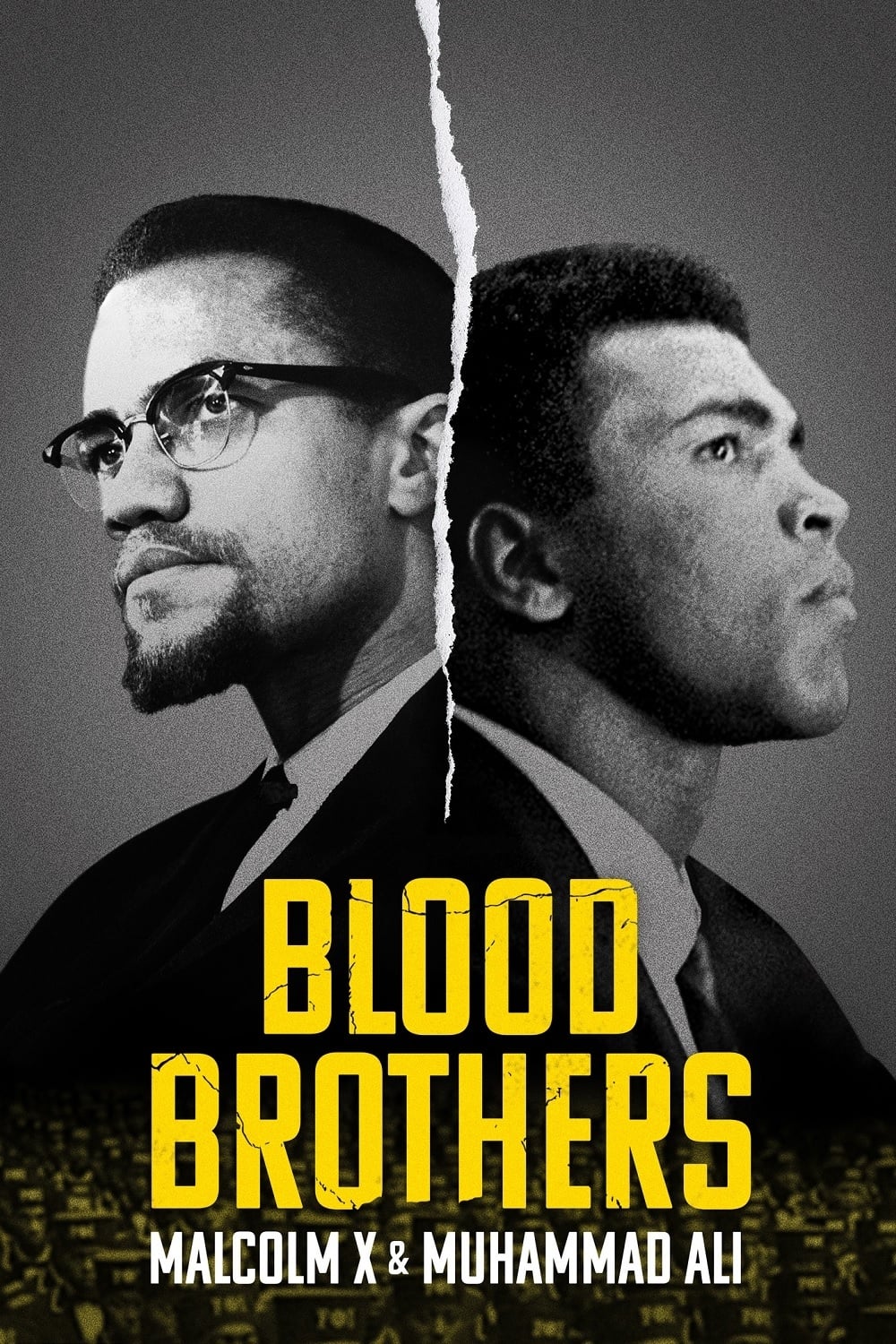
Blood Brothers: Malcolm X & Muhammad Ali
Character: Self (archive footage)
From a chance meeting to a tragic fallout, Malcolm X and Muhammad Ali's extraordinary bond cracks under the weight of distrust and shifting ideals....

Soundtrack to a Coup d'Etat
Character: Self (archive footage)
Jazz and decolonization are intertwined in a powerful narrative that recounts one of the tensest episodes of the Cold War....
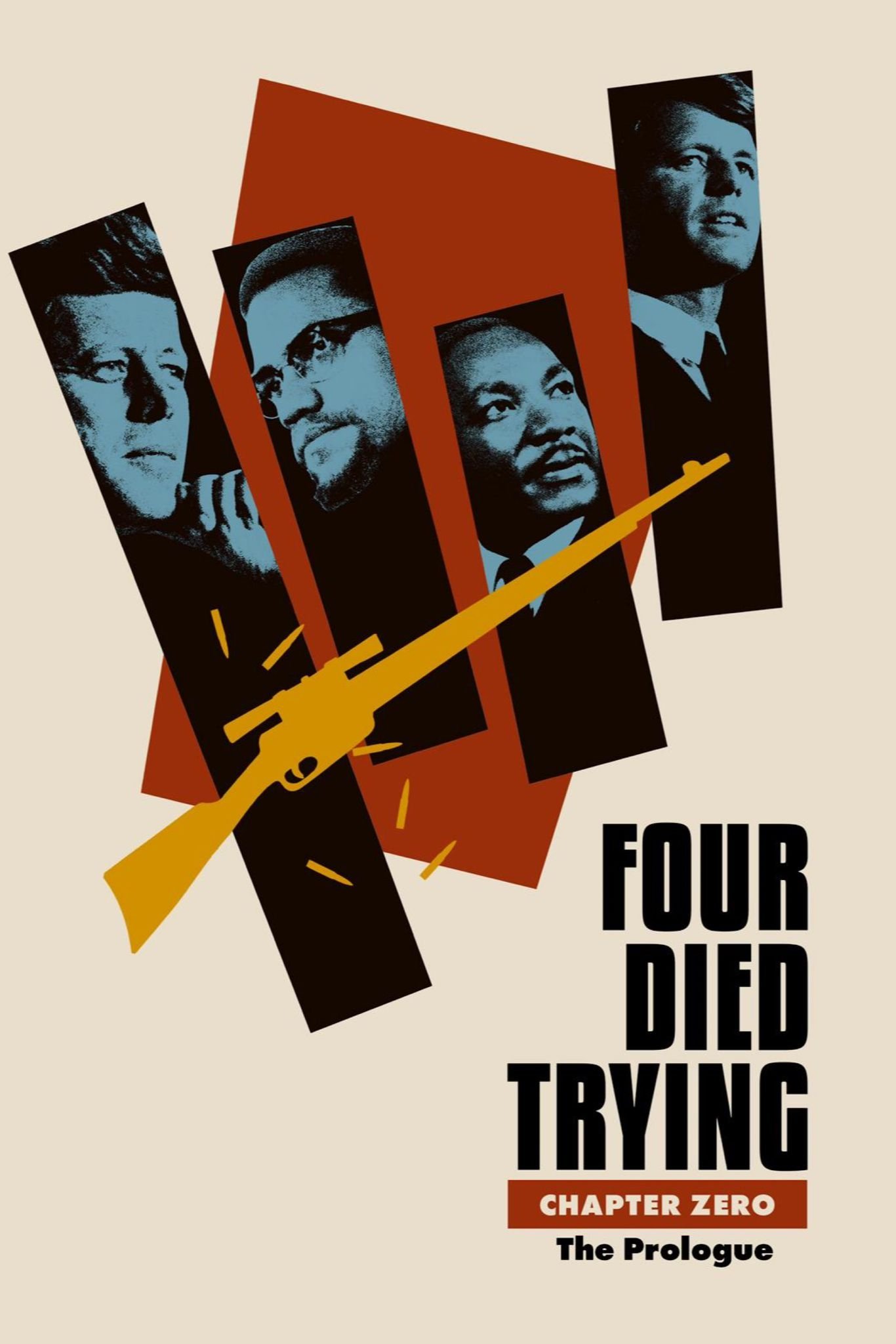
Four Died Trying: Prologue
Character: Self (archive footage)
...
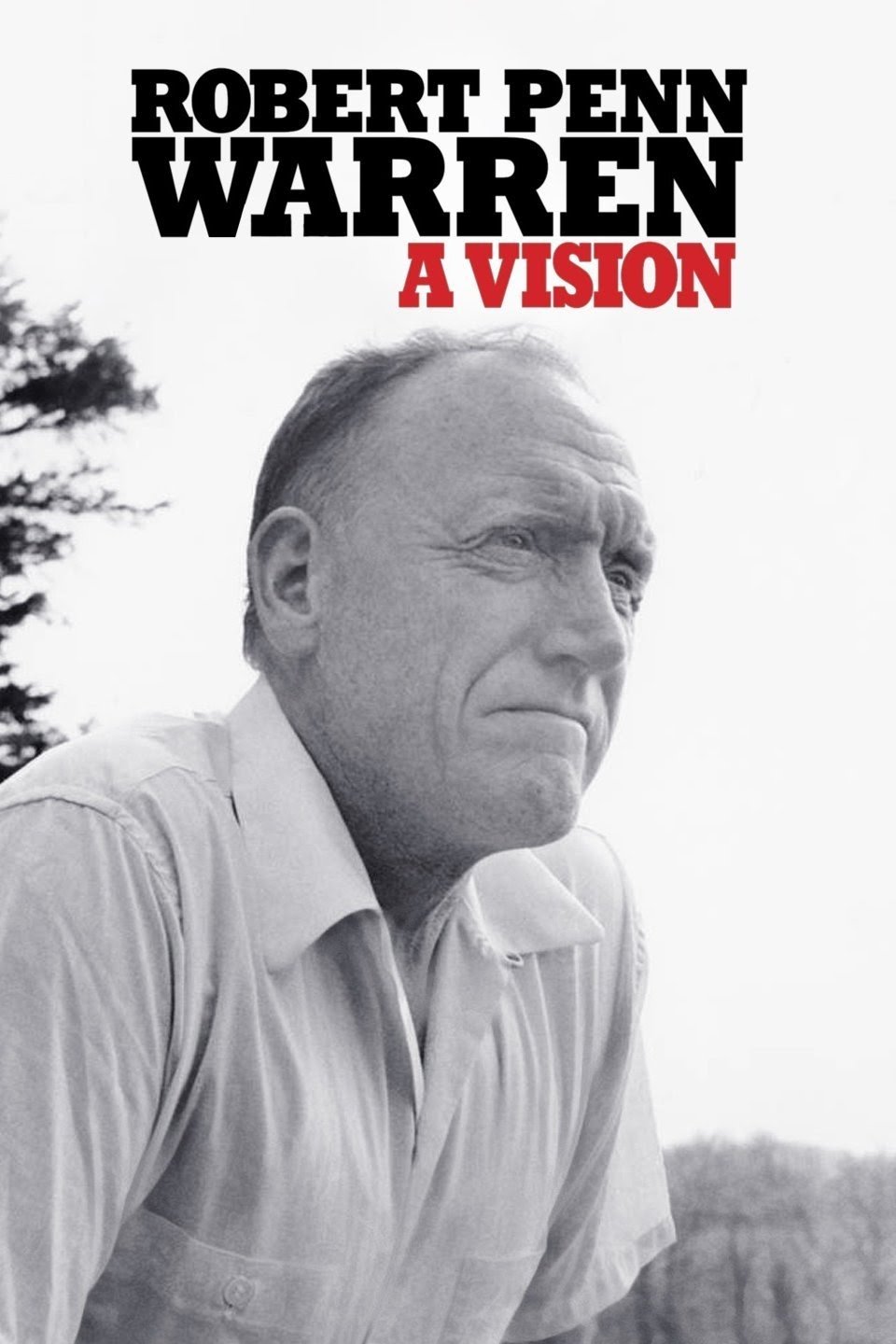
Robert Penn Warren: A Vision
Character:
A documentary profile of 3-time Pulitzer winning author Robert Penn Warren, featuring Harold Bloom, David Blight, Natasha Trethewey, David Milch, Gabriel Warren and Rosanna Warren....
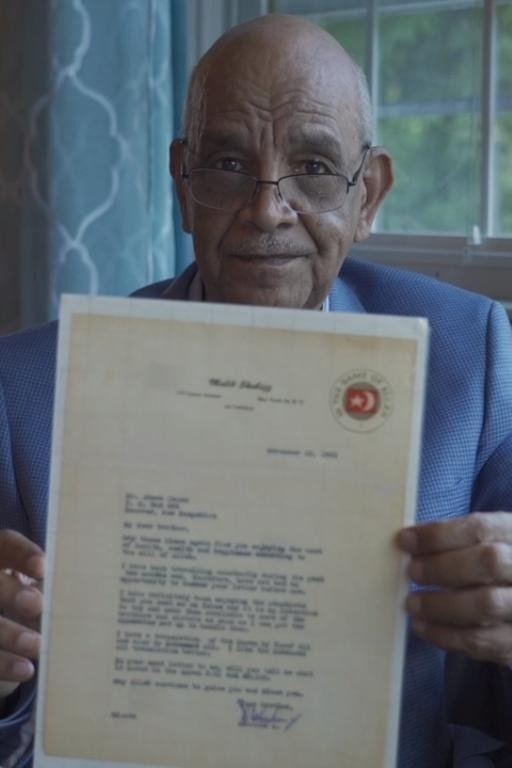
Malcolm X and the Sudanese
Character: Self
A poignant documentary exploring the unexpected bond between Malcolm X and Ahmed Osman, a young Sudanese student. Through personal reflections and rare footage, the film traces their friendship, culminating in Osman's emotional return to Harlem, where he revisits the legacy of Malcolm X and his meaningful connection to the Sudanese people....
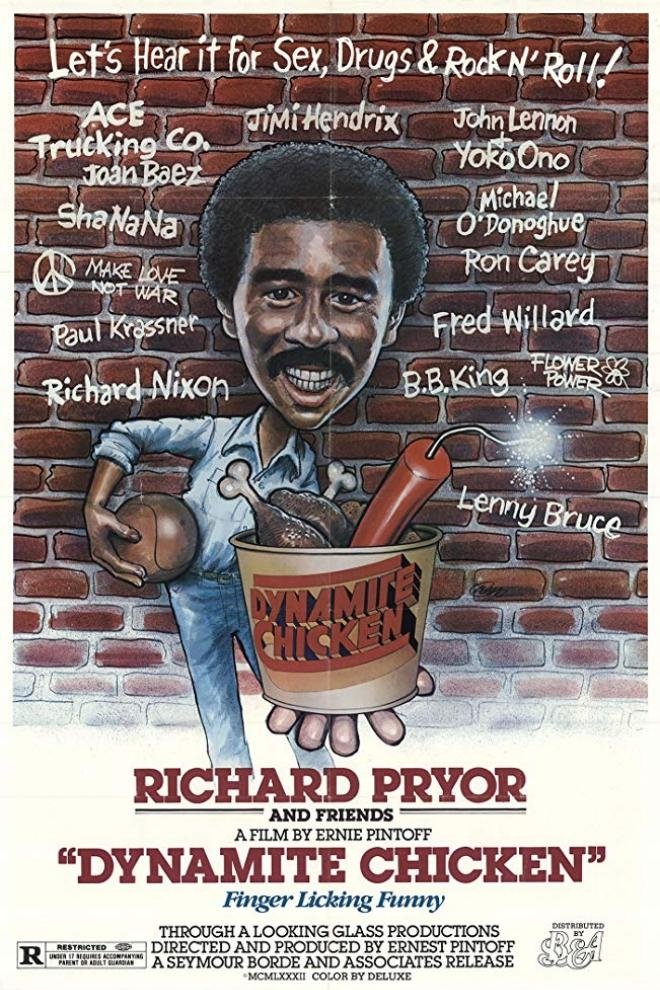
Dynamite Chicken
Character: Self (archive footage) (uncredited)
A collection of subversive comedy sketches and routines relating to the peace movement....
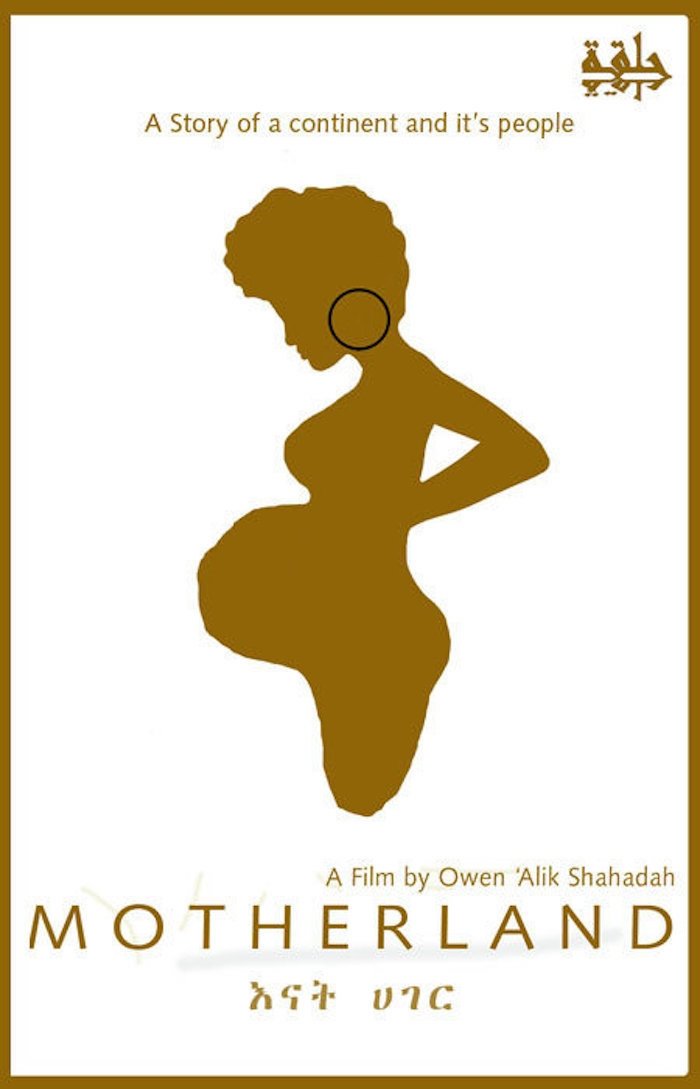
Motherland
Character: Self (archive footage)
Fusing history, culture, politics, and contemporary issues, Motherland sweeps across Africa to tell a new story of a dynamic continent. From the glory and majesty of Africa's past through its complex history. Africa as you have never seen it....
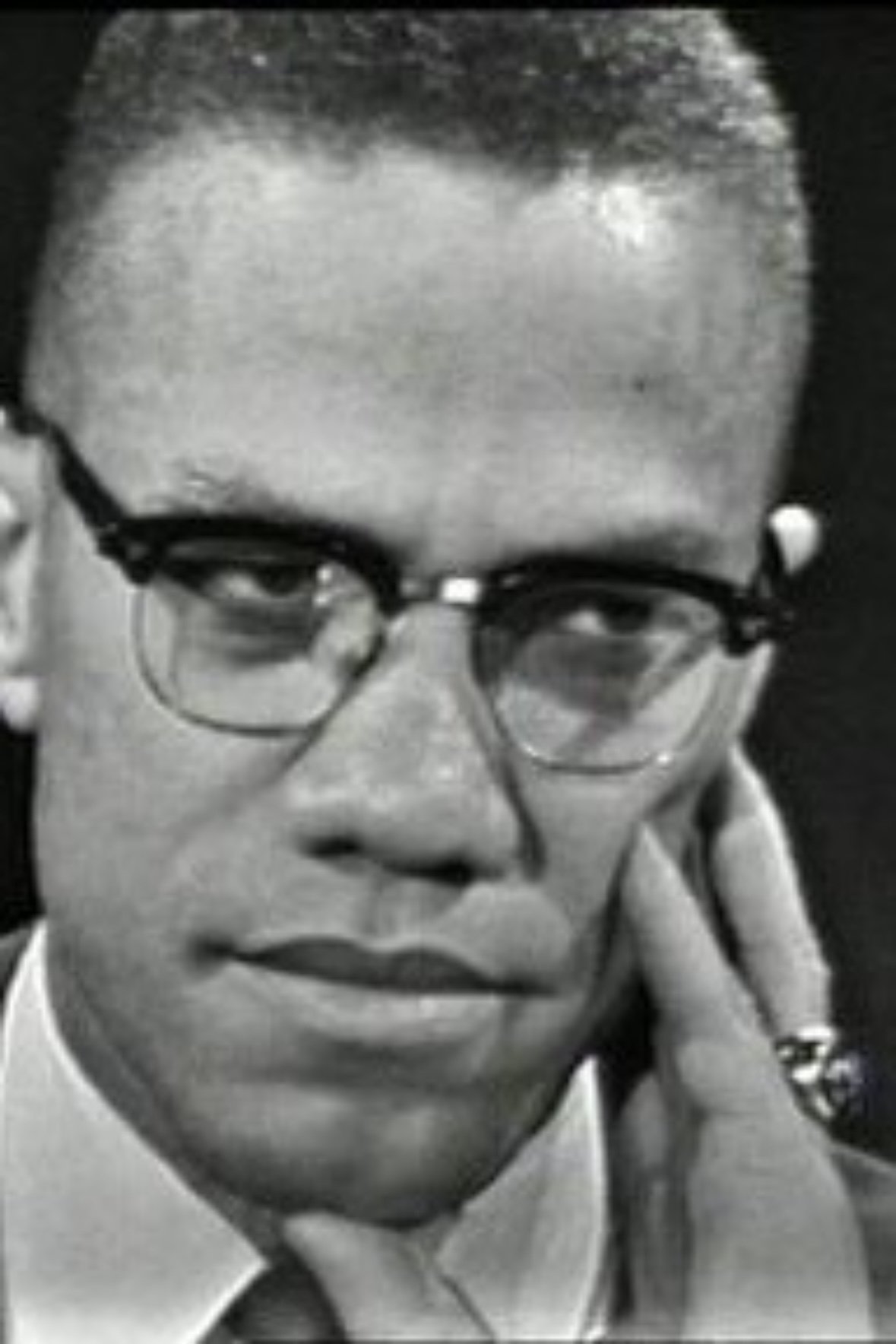
The Negro and the American Promise
Character:
Dr. Martin Luther King, Malcolm X, and James Baldwin -- three of the most highly regarded civil rights leaders of the 1960s -- were united in their quest for Black empowerment. But their methods of approach were polarizing....
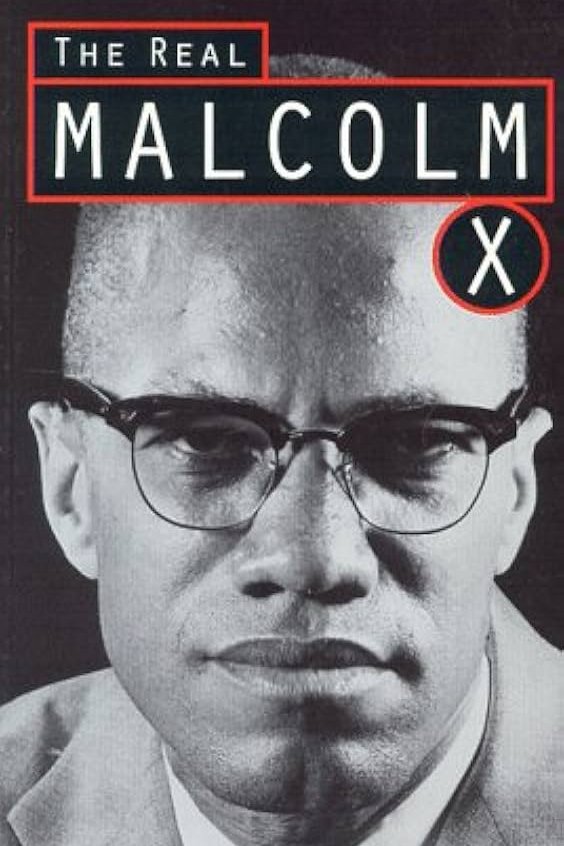
The Real Malcolm X
Character:
CBS News looks at Malcolm X, focusing on his public life from 1959 to his assassination in 1965, suggesting that his death was a great loss to the nation. The film intercuts archival footage of Malcolm and interviews with family, friends, colleagues, scholars, and writers. CBS documents Malcolm's move from being Elijah Muhammad's deputy in the Nation of Islam to his embrace of Islam: his new links with the civil rights movement posed a real threat to the powers that be. CBS details his death aft...
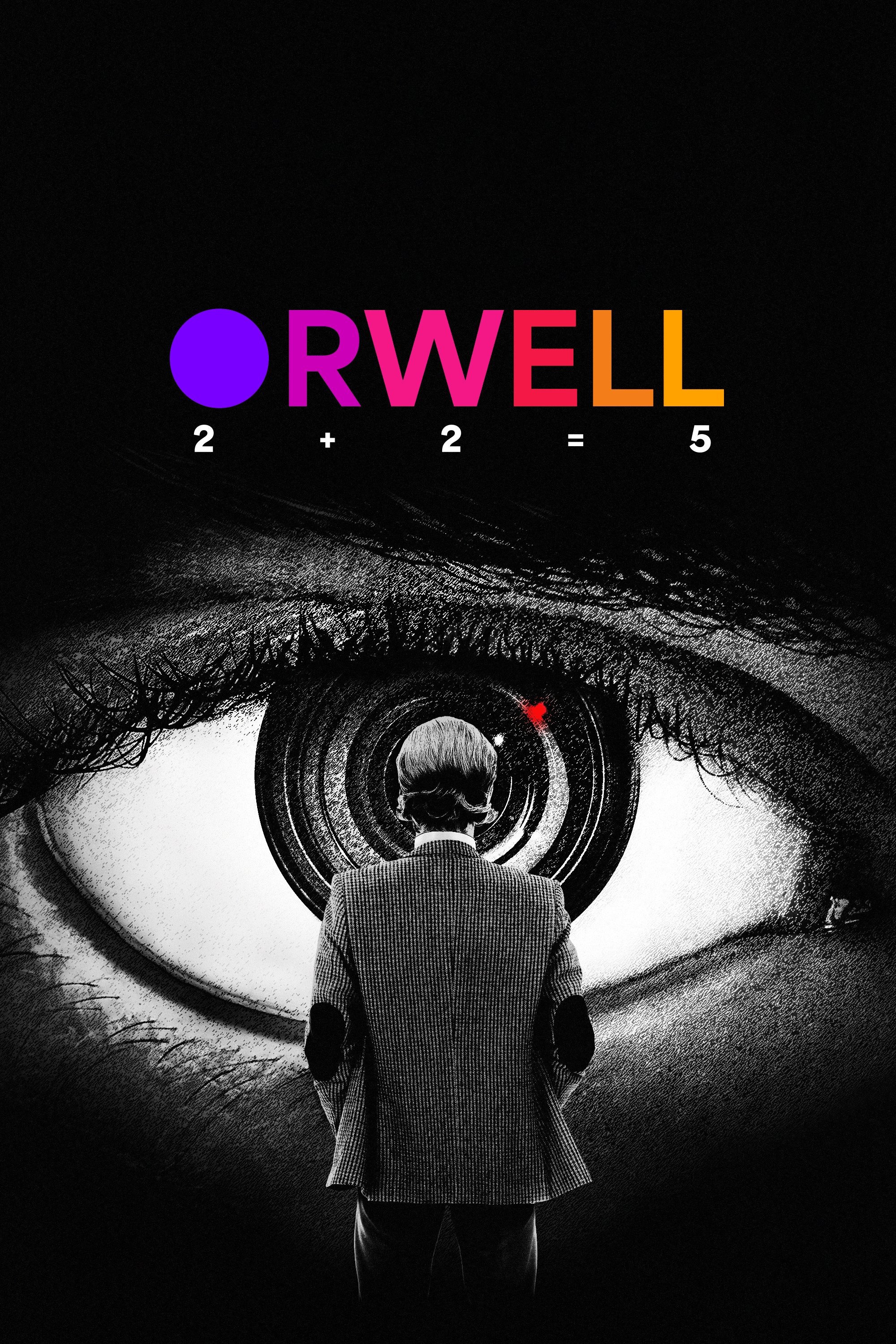
Orwell: 2+2=5
Character: Self (archive footage)
George Orwell was one of the most visionary authors of the 20th century, whose novels 1984 and Animal Farm foretold a chilling, authoritarian future. Acclaimed director Raoul Peck interweaves clips, readings from Orwell's diary, cinematic references, and modern-day footage to craft not only a portrait of the writer, but a fresh take on how prophetic his work has become....
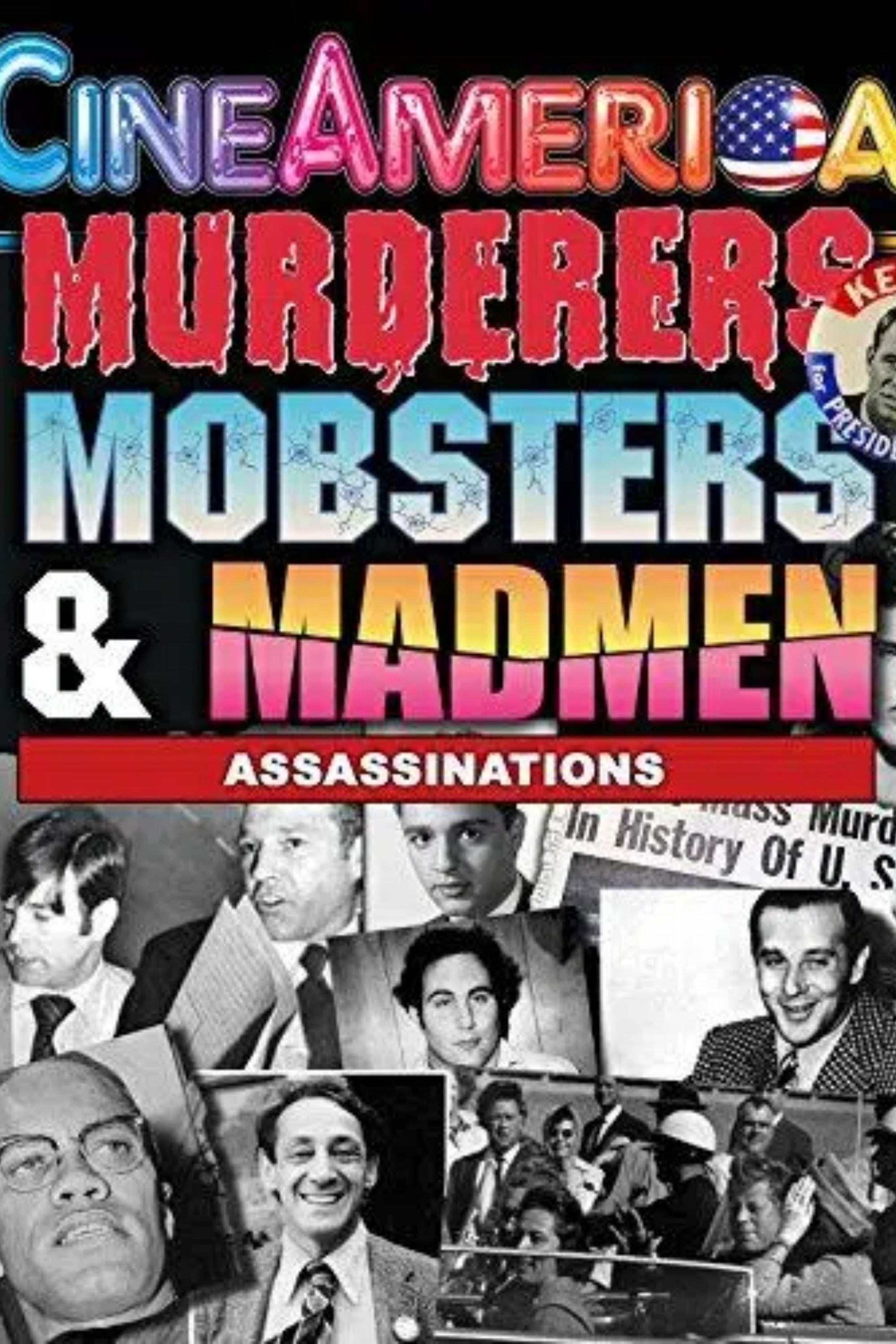
Murderers, Mobsters, & Madmen: Volume 2: Assassination in the 20th Century
Character:
Reveals through graphic historical and exclusive footage the tragic murders of political and social leaders. These heinous crimes help make the 20th century man's most most violent era. Included also are numerous attempted assassinations and the stories behind those who are driven to kill prominent figures. ASSASSINATED: Malcolm X John F. Kennedy Dr. Martin Luther King Mahatma Ghandi John Lennon Robert Kennedy George Moscone...